The Risks of Knee-Jerk Budget Shifts in Home Services
Tara Johnson | June 18, 2025

Discover insight-rich posts about the latest trends in digital marketing and consumer insights for brands. The Power Blog is jam-packed with the knowledge and foresight you need right now for what’s coming next.

Tara Johnson | June 18, 2025

Tara Johnson | June 18, 2025
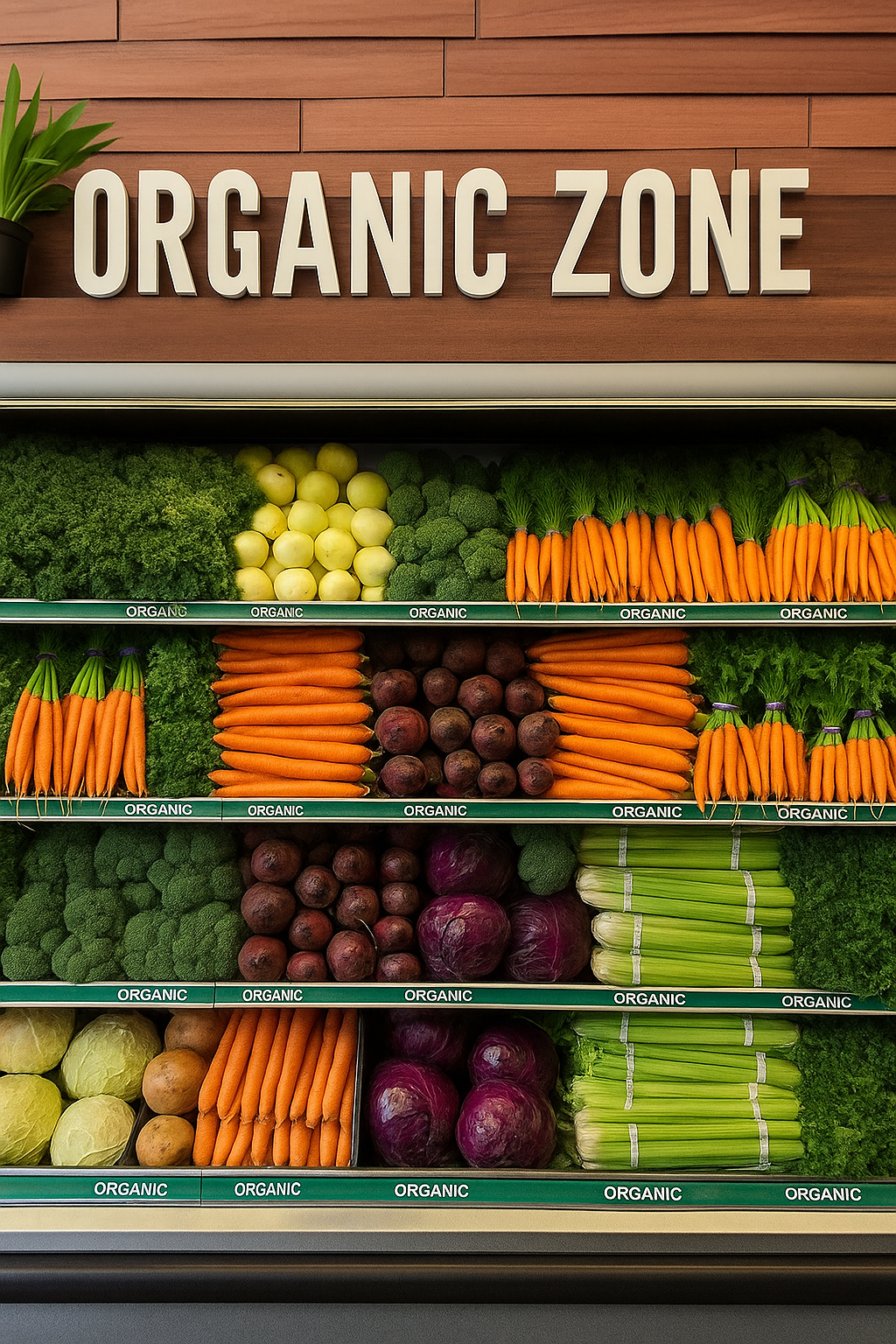
Tara Johnson | June 18, 2025

Tara Johnson | June 18, 2025

Tara Johnson | June 18, 2025

Tara Johnson | June 17, 2025

Tara Johnson | June 8, 2025

Tara Johnson | June 7, 2025

Tara Johnson | June 7, 2025

Tara Johnson | June 6, 2025

Tara Johnson | June 5, 2025

Tara Johnson | June 4, 2025

Tara Johnson | June 4, 2025

Tara Johnson | June 4, 2025
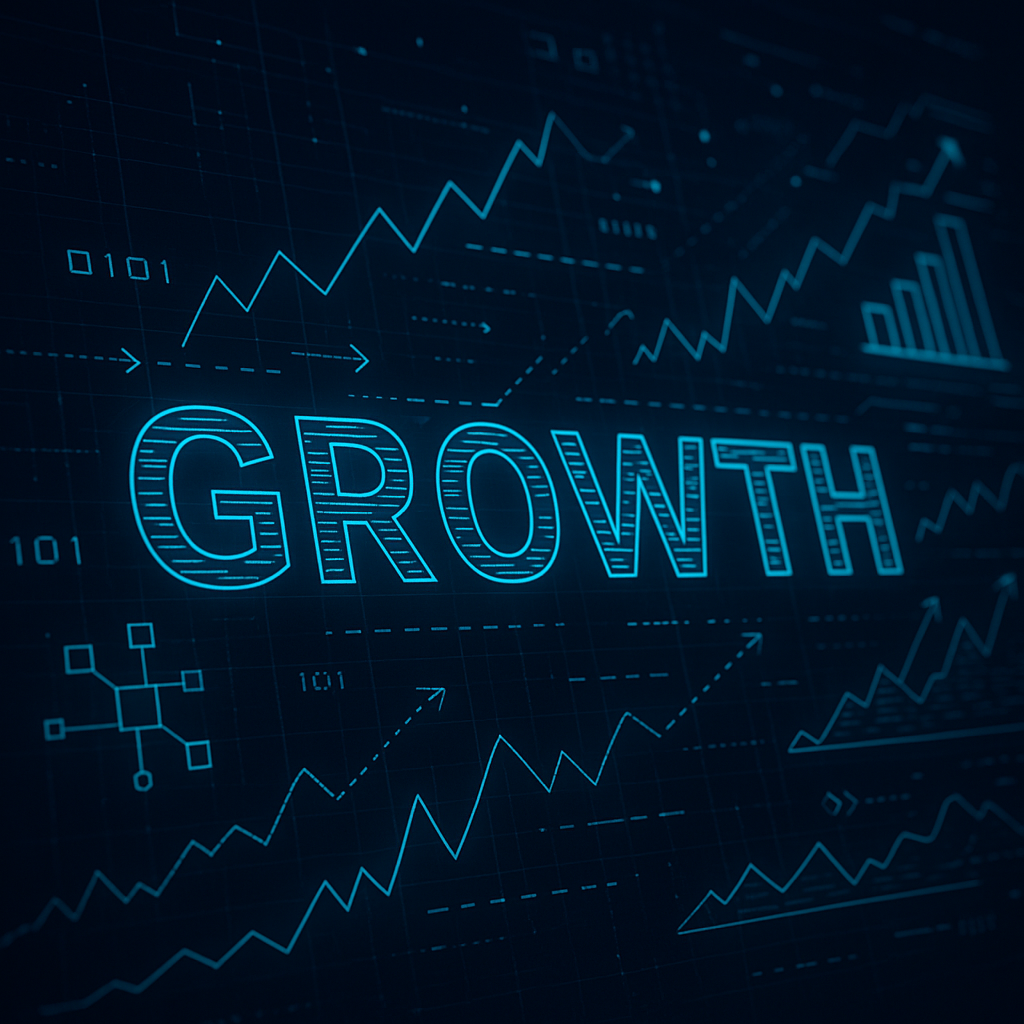
Tara Johnson | June 3, 2025

Tara Johnson | June 3, 2025

Tara Johnson | June 3, 2025

Tara Johnson | June 3, 2025

Tara Johnson | June 3, 2025

Tara Johnson | May 12, 2025

Tara Johnson | May 12, 2025
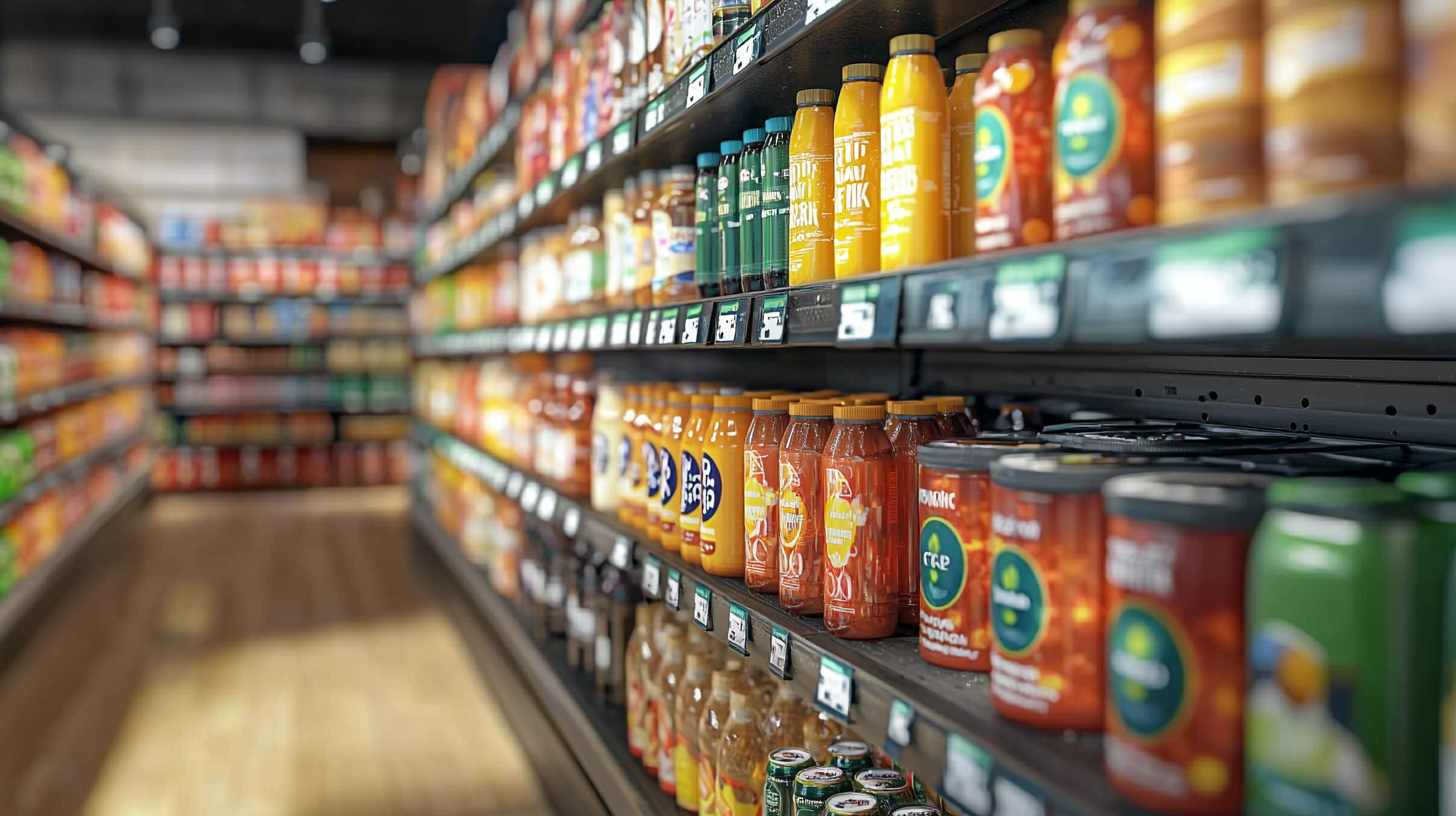
Tara Johnson | May 12, 2025

Tara Johnson | May 12, 2025

Power Digital | May 8, 2025

Power Digital | May 8, 2025

Power Digital | May 7, 2025

Power Digital | May 7, 2025

Power Digital | May 7, 2025

Power Digital | May 7, 2025

Power Digital | May 7, 2025

Tara Johnson | May 7, 2025

Power Digital | May 7, 2025

Tara Johnson | May 6, 2025

Tara Johnson | May 6, 2025

Tara Johnson | May 5, 2025

Tara Johnson | May 5, 2025

Tara Johnson | May 5, 2025

Tara Johnson | May 5, 2025

Tara Johnson | May 5, 2025

Power Digital | April 16, 2025

Power Digital | April 10, 2025

Tara Johnson | April 10, 2025

Tara Johnson | April 10, 2025

Tara Johnson | April 10, 2025

Tara Johnson | April 8, 2025

Tara Johnson | April 7, 2025

Tara Johnson | April 7, 2025

Tara Johnson | April 7, 2025

Tara Johnson | April 7, 2025

Tara Johnson | April 7, 2025

Power Digital | March 18, 2025

Power Digital | March 18, 2025

Power Digital | March 18, 2025

Power Digital | March 18, 2025

Power Digital | March 18, 2025
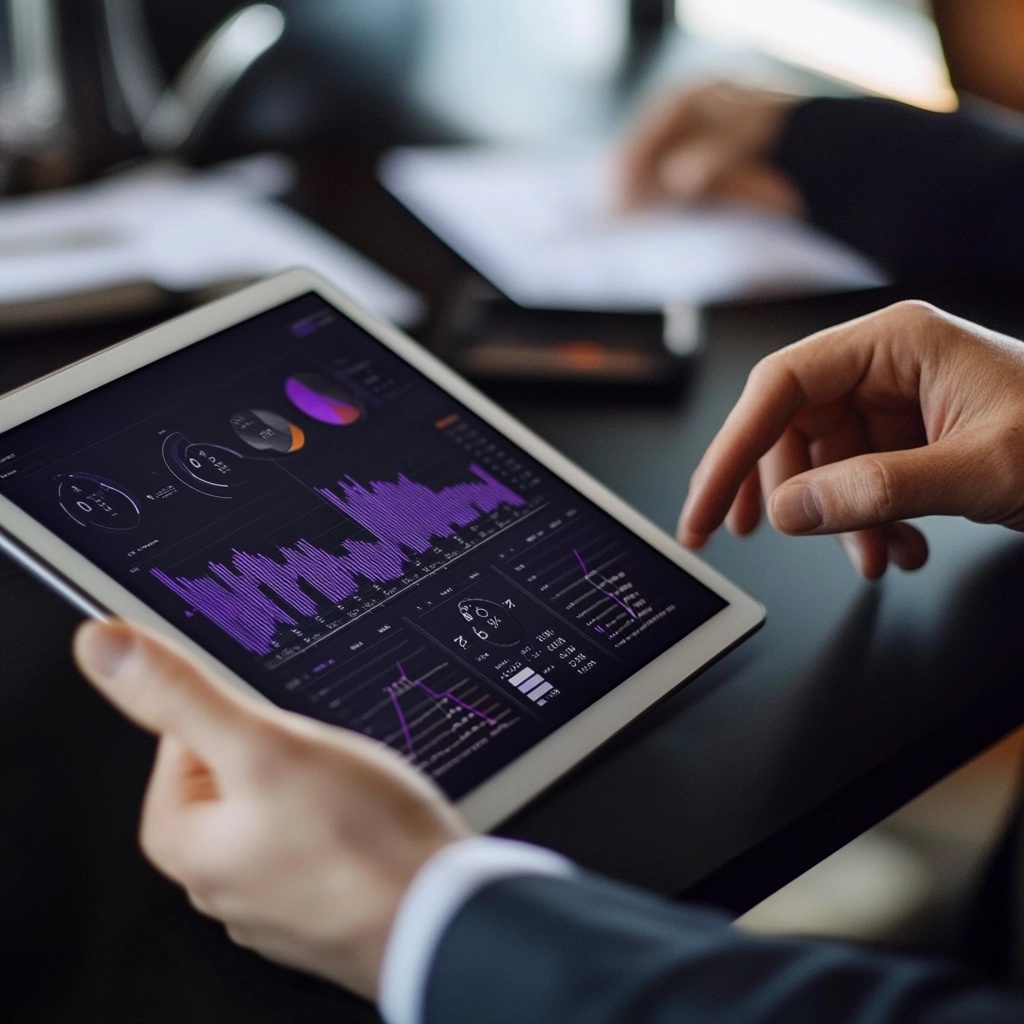
Power Digital | March 18, 2025

Power Digital | March 18, 2025
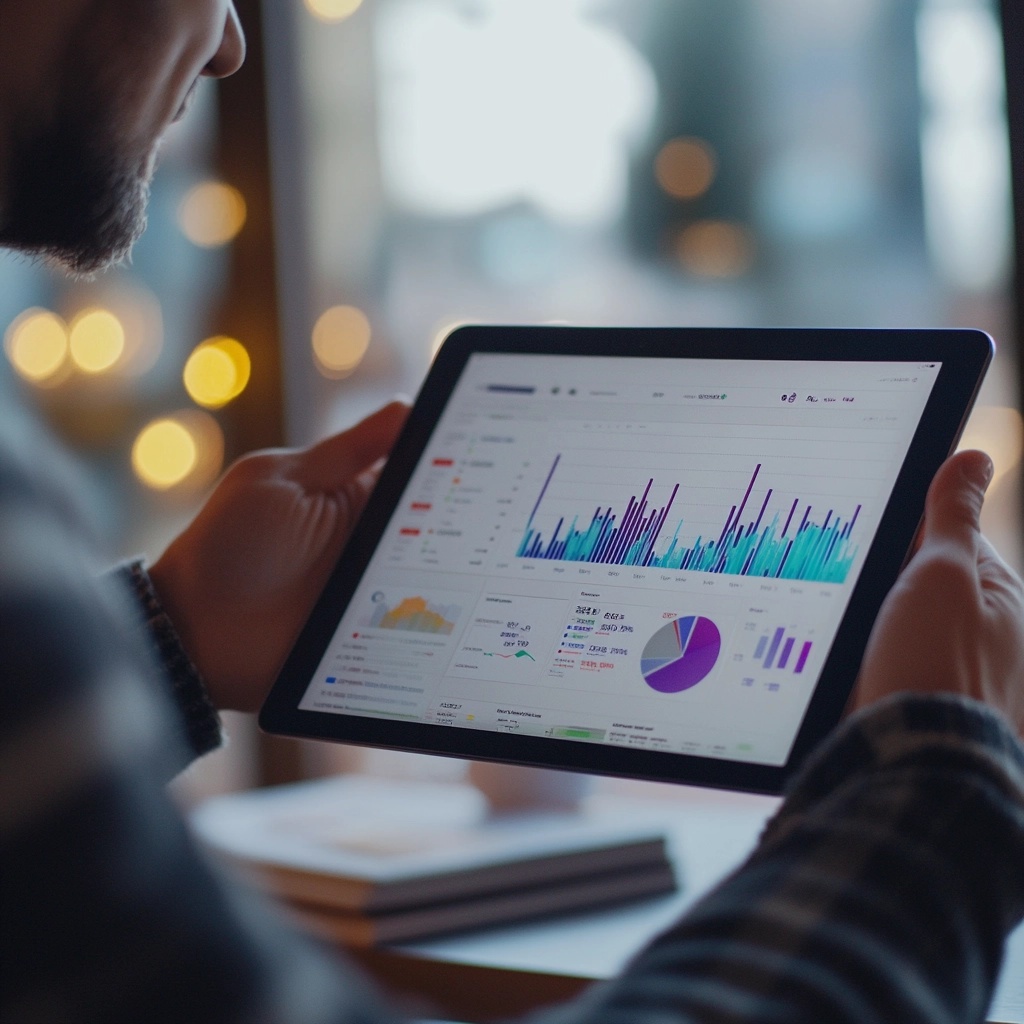
Power Digital | March 18, 2025

Power Digital | March 13, 2025

Power Digital | March 13, 2025

Power Digital | March 13, 2025

Power Digital | February 26, 2025

Power Digital | February 26, 2025

Power Digital | February 26, 2025

Power Digital | February 20, 2025

Power Digital | February 19, 2025

Power Digital | February 14, 2025

Power Digital | February 14, 2025

Power Digital | February 14, 2025

Power Digital | February 14, 2025

Power Digital | February 13, 2025

Power Digital | February 5, 2025

Power Digital | February 5, 2025

Power Digital | February 5, 2025

Power Digital | February 5, 2025

Power Digital | February 5, 2025

Power Digital | February 5, 2025

Power Digital | February 3, 2025

Power Digital | February 3, 2025

Power Digital | February 3, 2025

Power Digital | January 28, 2025

Power Digital | January 27, 2025

Power Digital | January 17, 2025

Power Digital | January 16, 2025

Power Digital | January 16, 2025

Power Digital | January 16, 2025
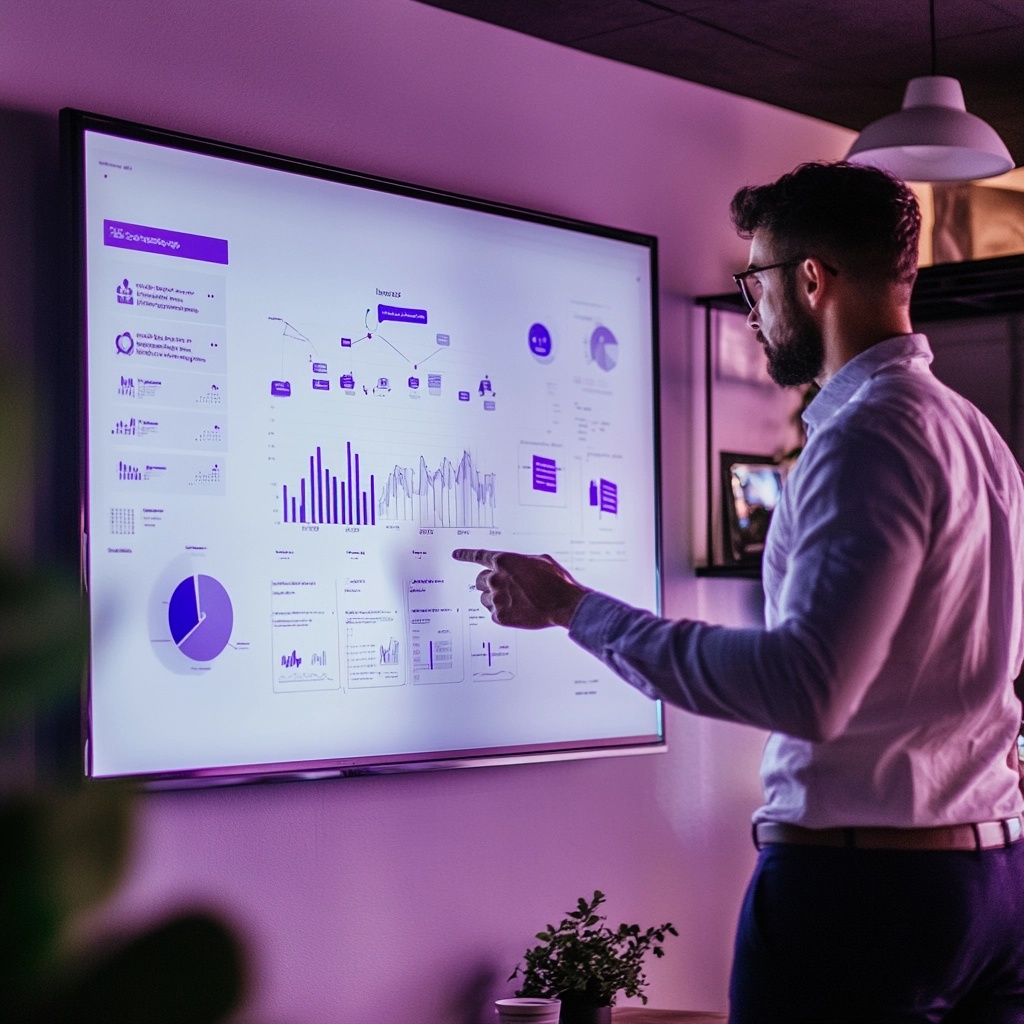
Power Digital | January 16, 2025

Power Digital | January 16, 2025

Power Digital | January 16, 2025

Power Digital | January 16, 2025

Power Digital | January 16, 2025

Power Digital | January 16, 2025

Power Digital | January 16, 2025

Power Digital | January 16, 2025

Power Digital | January 16, 2025

Power Digital | January 16, 2025

Power Digital | January 3, 2025

Power Digital | December 4, 2024

Power Digital | December 4, 2024

Power Digital | December 4, 2024

Power Digital | December 4, 2024

Power Digital | December 4, 2024
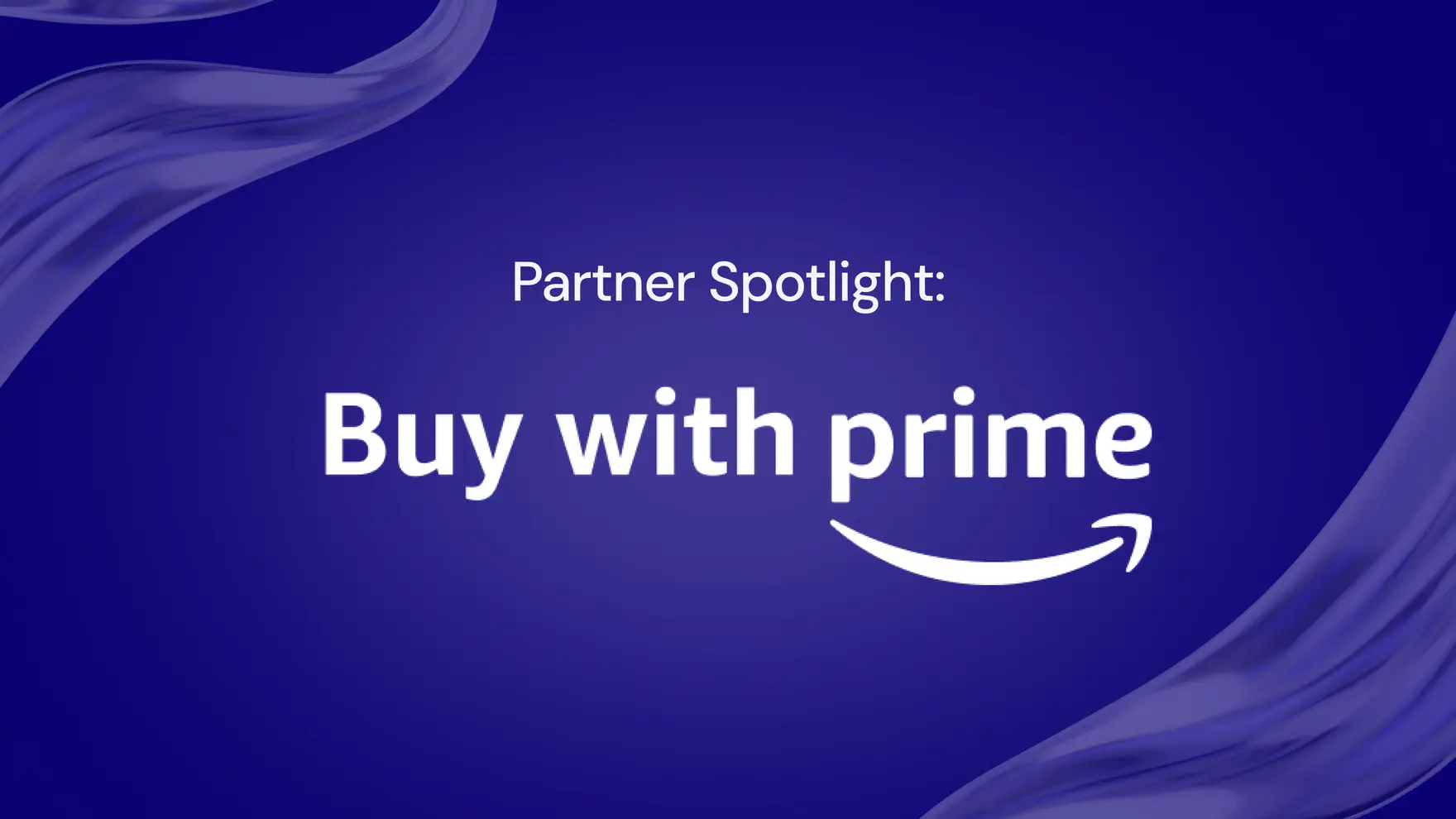
Power Digital | December 3, 2024

Power Digital | December 2, 2024

Power Digital | December 2, 2024

Power Digital | December 2, 2024

Power Digital | December 2, 2024

Power Digital | December 2, 2024

Power Digital | December 2, 2024

Power Digital | December 2, 2024

Power Digital | December 2, 2024

Power Digital | December 2, 2024

Power Digital | September 24, 2024

Power Digital | September 11, 2024

Power Digital | September 11, 2024

Power Digital | November 16, 2023

Power Digital | October 30, 2023

Power Digital | September 19, 2023

Power Digital | September 19, 2023

Power Digital | September 19, 2023

Power Digital | July 30, 2023

Power Digital | July 30, 2023

Power Digital | July 30, 2023

Power Digital | July 30, 2023

Power Digital | July 29, 2023

Power Digital | July 26, 2023

Power Digital | July 26, 2023

Power Digital | July 26, 2023

Power Digital | July 26, 2023

Power Digital | July 26, 2023

Power Digital | June 21, 2023

Power Digital | June 20, 2023

Power Digital | May 8, 2023

Power Digital | May 8, 2023

Power Digital | May 8, 2023

Power Digital | May 4, 2023

Power Digital | May 3, 2023

Power Digital | April 12, 2023

Power Digital | April 12, 2023

Power Digital | April 12, 2023

Power Digital | April 4, 2023

Power Digital | March 27, 2023

Power Digital | March 27, 2023

Power Digital | March 21, 2023

Power Digital | March 21, 2023

Power Digital | March 21, 2023

Power Digital | March 21, 2023

Power Digital | March 16, 2023

Power Digital | March 16, 2023

Power Digital | February 23, 2023

Power Digital | February 23, 2023

Power Digital | February 23, 2023

Power Digital | February 23, 2023

Power Digital | February 23, 2023

Power Digital | February 23, 2023

Power Digital | February 22, 2023

Power Digital | February 22, 2023

Power Digital | February 6, 2023

Power Digital | February 6, 2023

Power Digital | February 2, 2023

Power Digital | February 2, 2023

Power Digital | February 2, 2023

Power Digital | February 2, 2023

Power Digital | February 2, 2023

Power Digital | January 19, 2023

Power Digital | January 19, 2023

Power Digital | January 19, 2023

Power Digital | January 19, 2023

Power Digital | January 19, 2023

Power Digital | January 19, 2023

Power Digital | January 18, 2023

Power Digital | December 21, 2022

Power Digital | December 15, 2022

Power Digital | December 14, 2022

Power Digital | December 13, 2022

Power Digital | December 11, 2022

Power Digital | December 10, 2022

Power Digital | December 9, 2022

Power Digital | December 9, 2022

Power Digital | December 8, 2022

Power Digital | December 5, 2022

Power Digital | December 3, 2022

Power Digital | December 1, 2022

Power Digital | November 30, 2022

Power Digital | November 29, 2022

Power Digital | November 28, 2022

Power Digital | November 28, 2022

Power Digital | November 28, 2022

Power Digital | November 28, 2022

Power Digital | November 28, 2022

Power Digital | November 28, 2022

Power Digital | November 28, 2022

Power Digital | November 22, 2022

Power Digital | November 21, 2022

Power Digital | November 21, 2022

Power Digital | November 17, 2022

Power Digital | November 17, 2022

Power Digital | November 17, 2022

Power Digital | November 10, 2022

Power Digital | November 10, 2022

Power Digital | October 5, 2022

Power Digital | September 23, 2022

Power Digital | August 24, 2022

Power Digital | August 24, 2022

Power Digital | August 23, 2022

Power Digital | August 23, 2022

Power Digital | August 23, 2022
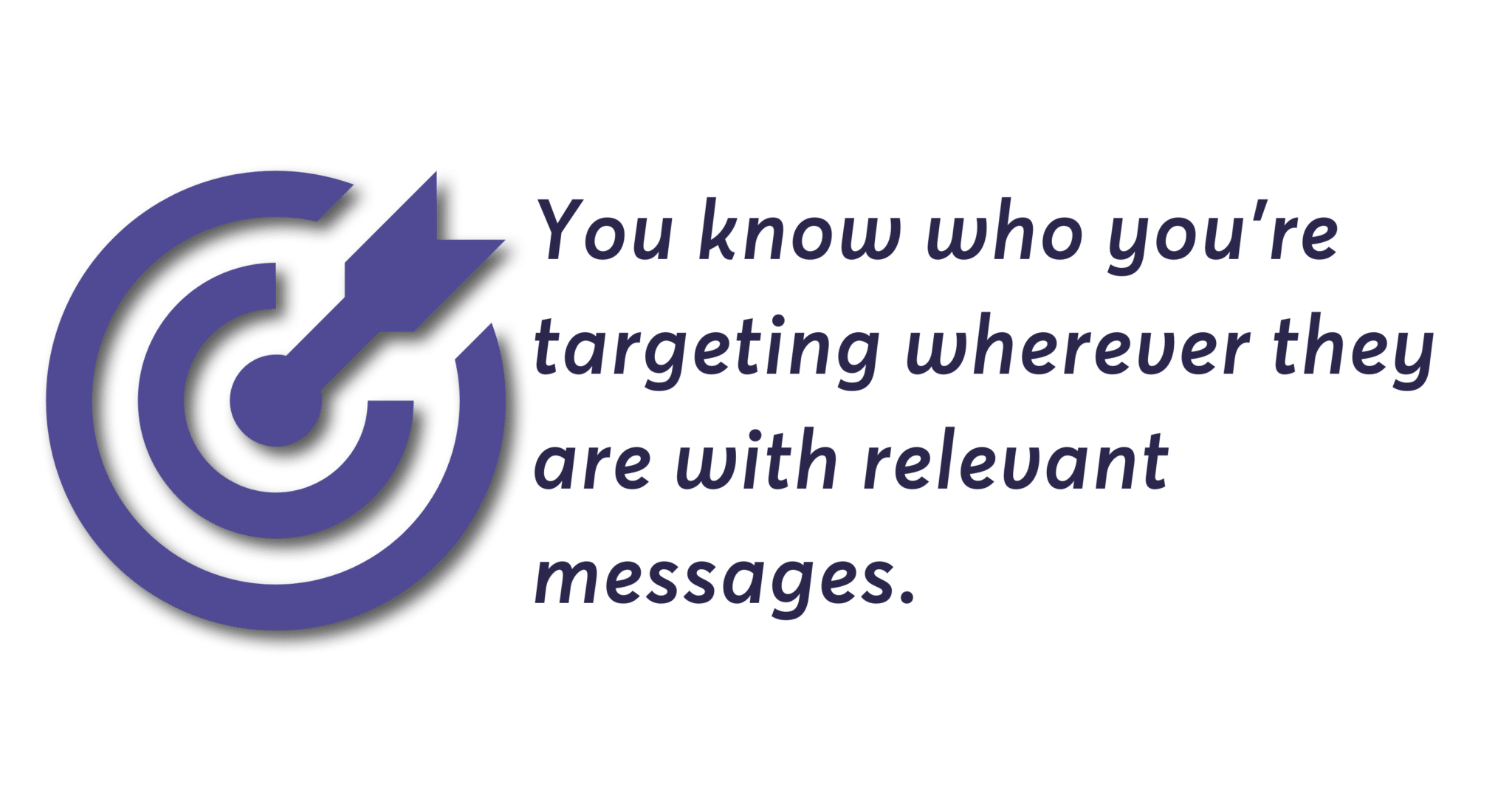
Power Digital | August 23, 2022

Power Digital | August 23, 2022

Power Digital | August 23, 2022

Power Digital | August 22, 2022
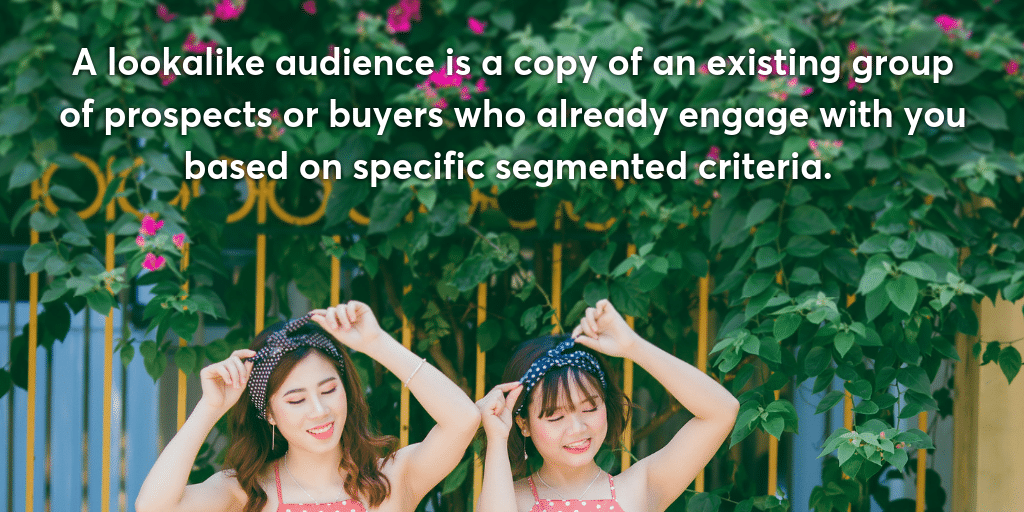
Power Digital | August 22, 2022

Power Digital | August 15, 2022
Power Digital | August 11, 2022

Power Digital | August 5, 2022

Power Digital | July 24, 2022

Power Digital | July 22, 2022
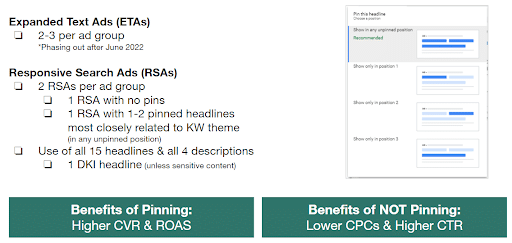
Power Digital | July 1, 2022

Power Digital | June 6, 2022

Power Digital | May 9, 2022

Power Digital | May 7, 2022

Power Digital | May 5, 2022

Power Digital | May 3, 2022

Power Digital | May 1, 2022

Power Digital | April 28, 2022

Power Digital | April 26, 2022

Power Digital | April 24, 2022

Power Digital | April 22, 2022

Power Digital | April 20, 2022

Power Digital | April 19, 2022

Power Digital | April 15, 2022

Power Digital | April 10, 2022

Power Digital | April 9, 2022

Power Digital | April 7, 2022

Power Digital | April 7, 2022

Power Digital | April 7, 2022

Power Digital | April 4, 2022

Power Digital | April 3, 2022

Power Digital | April 1, 2022

Power Digital | March 25, 2022

Power Digital | March 20, 2022

Power Digital | March 10, 2022

Power Digital | March 1, 2022

Power Digital | January 31, 2022

Power Digital | January 31, 2022

Power Digital | January 31, 2022

Power Digital | January 14, 2022

Power Digital | December 15, 2021

Power Digital | October 28, 2021

Power Digital | October 28, 2021

Power Digital | October 28, 2021

Power Digital | October 28, 2021

Power Digital | October 28, 2021

Power Digital | October 28, 2021

Power Digital | October 28, 2021

Power Digital | October 28, 2021

Power Digital | October 28, 2021

Power Digital | September 13, 2021

Power Digital | September 13, 2021

Power Digital | September 13, 2021

Power Digital | September 13, 2021

Power Digital | September 13, 2021

Power Digital | September 13, 2021

Power Digital | September 13, 2021

Power Digital | September 13, 2021

Power Digital | September 13, 2021

Power Digital | September 13, 2021

Power Digital | August 31, 2021

Power Digital | August 31, 2021

Power Digital | August 31, 2021

Power Digital | August 31, 2021

Power Digital | August 31, 2021

Power Digital | August 31, 2021

Power Digital | August 31, 2021

Power Digital | August 31, 2021

Power Digital | August 31, 2021

Power Digital | August 31, 2021

Power Digital | August 24, 2021

Power Digital | August 23, 2021

Power Digital | August 19, 2021

Power Digital | August 19, 2021

Power Digital | August 19, 2021

Power Digital | July 28, 2021

Power Digital | July 28, 2021

Power Digital | July 14, 2021

Power Digital | July 14, 2021
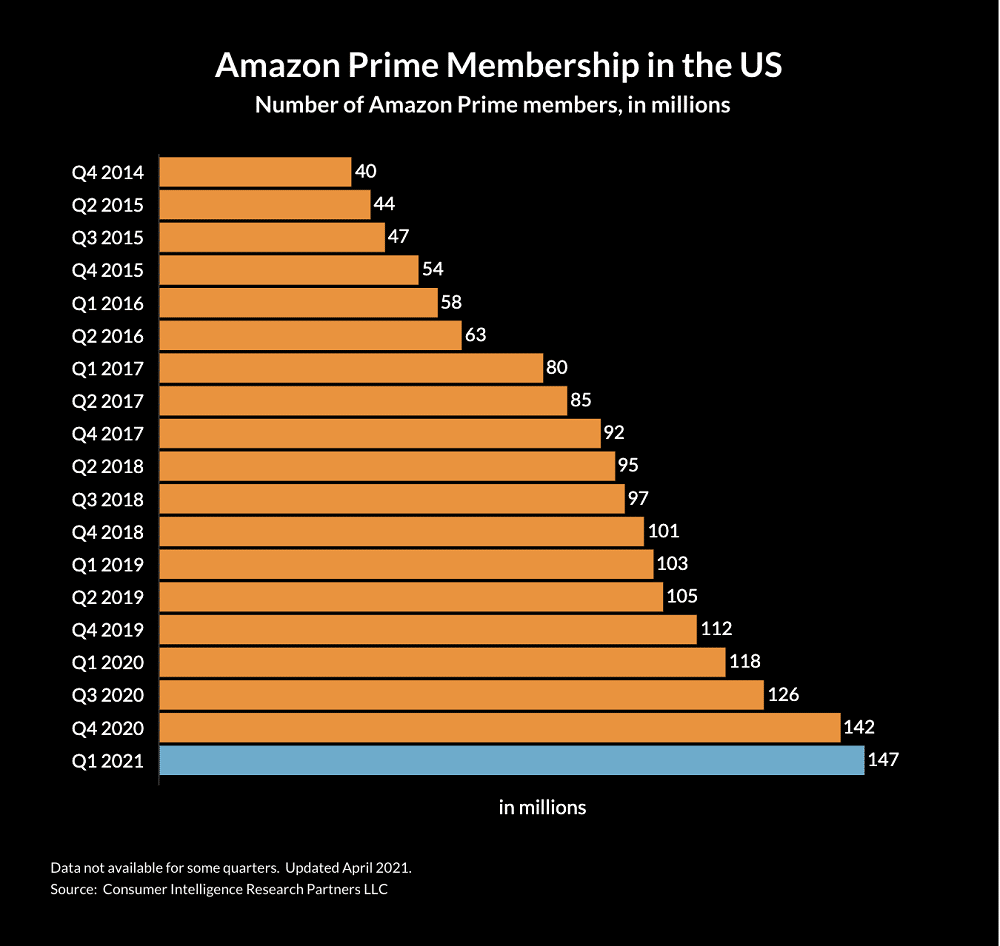
Power Digital | July 13, 2021

Power Digital | July 9, 2021

Power Digital | June 30, 2021

Power Digital | June 28, 2021

Power Digital | June 24, 2021

 : How to Engage Customers 1-to-1 – At Scale
: How to Engage Customers 1-to-1 – At ScalePower Digital | June 21, 2021

Power Digital | June 17, 2021

Power Digital | June 17, 2021

Power Digital | June 17, 2021

Power Digital | June 17, 2021

Power Digital | June 16, 2021

Power Digital | June 16, 2021

Power Digital | June 16, 2021

Power Digital | June 16, 2021

Power Digital | June 16, 2021

Power Digital | June 16, 2021

Power Digital | June 16, 2021

Power Digital | June 16, 2021

Power Digital | June 16, 2021

Power Digital | June 16, 2021

Power Digital | June 16, 2021

Power Digital | June 16, 2021

Power Digital | June 16, 2021

Power Digital | June 15, 2021

Power Digital | June 14, 2021

Power Digital | May 17, 2021

Power Digital | May 14, 2021

Power Digital | May 14, 2021

Power Digital | May 14, 2021

Power Digital | May 14, 2021

Power Digital | May 12, 2021

Power Digital | May 12, 2021

Power Digital | May 12, 2021

Power Digital | May 10, 2021

Power Digital | May 10, 2021

Power Digital | May 10, 2021

Power Digital | May 10, 2021

Power Digital | May 10, 2021

Power Digital | May 10, 2021

Power Digital | May 10, 2021

Power Digital | May 10, 2021

Power Digital | May 10, 2021

Power Digital | May 10, 2021

Power Digital | May 10, 2021

Power Digital | May 10, 2021

Power Digital | May 10, 2021

Power Digital | April 29, 2021
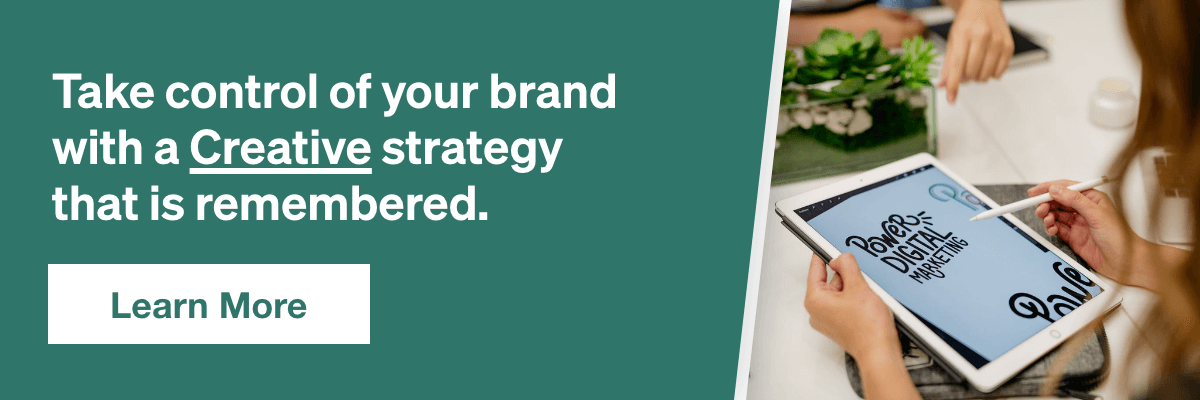
Power Digital | April 16, 2021

Power Digital | April 16, 2021

Power Digital | April 9, 2021

Power Digital | April 9, 2021

Power Digital | April 9, 2021

Power Digital | April 8, 2021

Power Digital | April 4, 2021

Power Digital | April 2, 2021

Power Digital | April 2, 2021

Power Digital | April 2, 2021

Power Digital | April 1, 2021

Power Digital | April 1, 2021

Power Digital | April 1, 2021

Power Digital | April 1, 2021

Power Digital | April 1, 2021

Power Digital | April 1, 2021

Power Digital | April 1, 2021

Power Digital | April 1, 2021

Power Digital | April 1, 2021

Power Digital | April 1, 2021

Power Digital | April 1, 2021

Power Digital | April 1, 2021

Power Digital | April 1, 2021

Power Digital | March 26, 2021

Power Digital | March 18, 2021

Power Digital | March 18, 2021

Power Digital | March 17, 2021

Power Digital | March 16, 2021
![Social Media and Brands: How Consumers Interact on Social Media [Survey]](https://powerdigitalmarketing.com/wp-content/uploads/2024/12/power-placeholder.png)
Power Digital | March 15, 2021

Power Digital | March 12, 2021

Power Digital | March 12, 2021

Power Digital | March 10, 2021

Power Digital | March 10, 2021

Power Digital | March 10, 2021

Power Digital | March 9, 2021

Power Digital | March 3, 2021

Power Digital | February 25, 2021

Power Digital | February 25, 2021

Power Digital | February 25, 2021

Power Digital | February 25, 2021

Power Digital | February 25, 2021

Power Digital | February 25, 2021

Power Digital | February 25, 2021

Power Digital | February 18, 2021

Power Digital | February 13, 2021

Power Digital | February 4, 2021

Power Digital | February 2, 2021

Power Digital | January 27, 2021

Power Digital | January 25, 2021

Power Digital | January 22, 2021

Power Digital | January 21, 2021

Power Digital | January 21, 2021

Power Digital | January 20, 2021

Power Digital | January 15, 2021

Power Digital | January 12, 2021

Power Digital | January 7, 2021

Power Digital | January 5, 2021

Power Digital | December 11, 2020

Power Digital | December 8, 2020

Power Digital | December 8, 2020

Power Digital | December 8, 2020

Power Digital | December 8, 2020
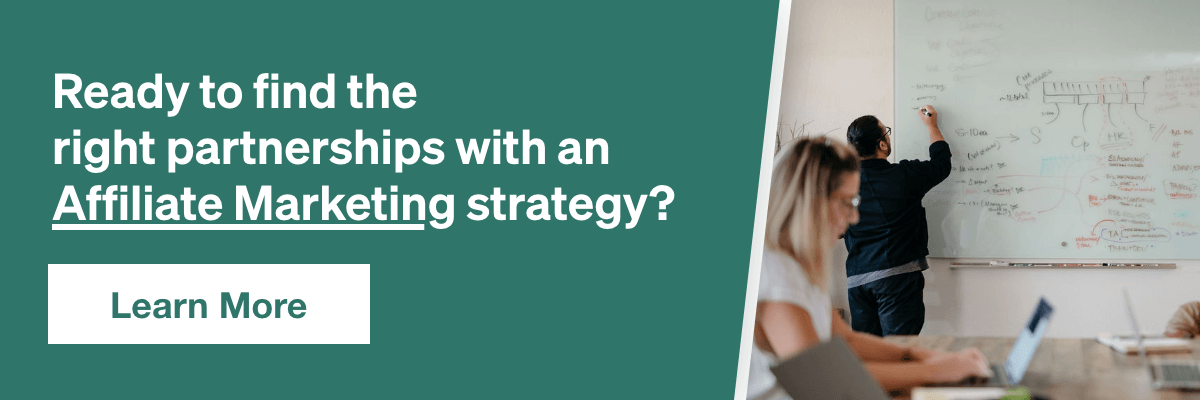
Power Digital | December 7, 2020

Power Digital | December 3, 2020
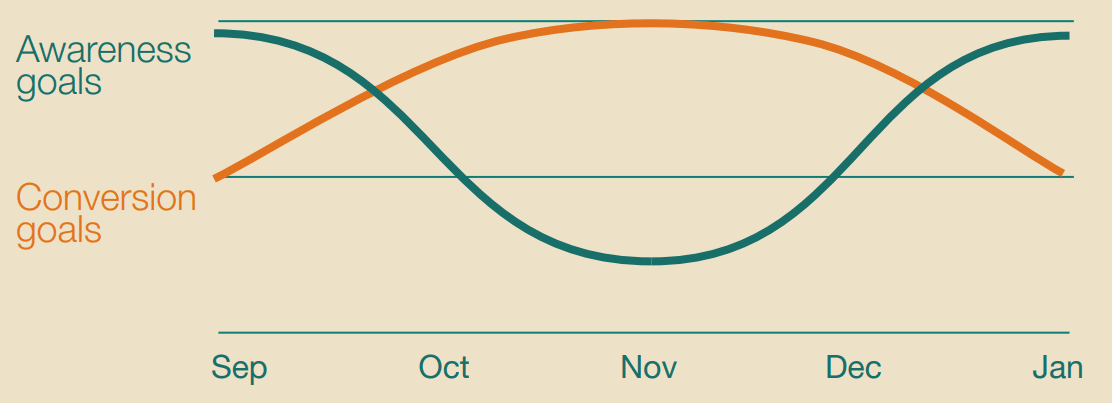
Power Digital | December 2, 2020

Power Digital | November 30, 2020

Power Digital | November 30, 2020

Power Digital | November 25, 2020

Power Digital | November 19, 2020

Power Digital | November 19, 2020

Power Digital | November 19, 2020

Power Digital | November 19, 2020

Power Digital | November 19, 2020

Power Digital | November 16, 2020

Power Digital | November 16, 2020

Power Digital | November 16, 2020

Power Digital | November 16, 2020

Power Digital | November 12, 2020

Power Digital | November 11, 2020

Power Digital | November 5, 2020

Power Digital | November 3, 2020

Power Digital | November 3, 2020

Power Digital | November 3, 2020

Power Digital | September 22, 2020

Power Digital | September 22, 2020

Power Digital | September 22, 2020
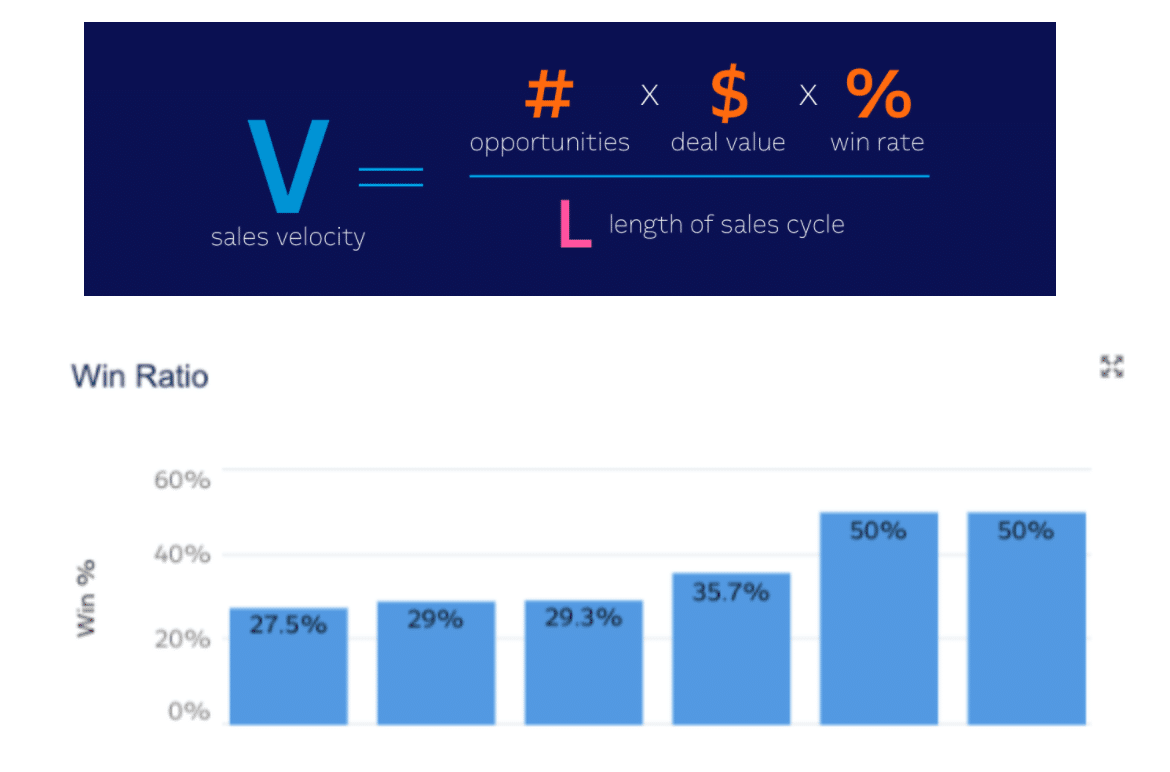
Power Digital | September 22, 2020

Power Digital | September 22, 2020

Power Digital | September 22, 2020

Power Digital | September 22, 2020

Power Digital | September 22, 2020

Power Digital | September 22, 2020

Power Digital | August 17, 2020

Power Digital | August 14, 2020

Power Digital | August 12, 2020

Power Digital | August 10, 2020

Power Digital | August 3, 2020

Power Digital | August 3, 2020
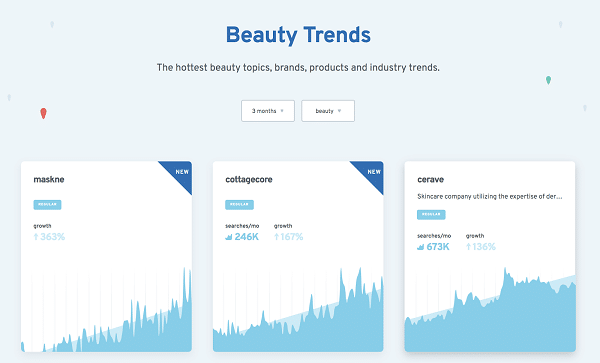
Power Digital | July 28, 2020

Power Digital | July 21, 2020

Power Digital | July 20, 2020

Power Digital | July 10, 2020

Power Digital | June 17, 2020

Power Digital | June 11, 2020

Power Digital | June 8, 2020

Power Digital | June 5, 2020

Power Digital | May 15, 2020

Power Digital | April 16, 2020

Power Digital | April 16, 2020

Power Digital | April 14, 2020

Power Digital | April 8, 2020

Power Digital | April 8, 2020

Power Digital | April 8, 2020

Power Digital | March 30, 2020

Power Digital | March 15, 2020

Power Digital | March 15, 2020

Power Digital | March 13, 2020

Power Digital | March 5, 2020

Power Digital | March 5, 2020

Power Digital | March 2, 2020

Power Digital | February 21, 2020

Power Digital | February 21, 2020

Power Digital | February 15, 2020

Power Digital | February 15, 2020

Power Digital | February 15, 2020

Power Digital | February 5, 2020

Power Digital | February 5, 2020

Power Digital | February 2, 2020

Power Digital | February 2, 2020

Power Digital | January 28, 2020

Power Digital | January 28, 2020

Power Digital | January 23, 2020

Power Digital | January 16, 2020

Power Digital | January 9, 2020

Power Digital | January 9, 2020

Power Digital | January 9, 2020

Power Digital | January 8, 2020

Power Digital | January 7, 2020

Power Digital | January 2, 2020

Power Digital | December 19, 2019

Power Digital | December 19, 2019

Power Digital | December 15, 2019
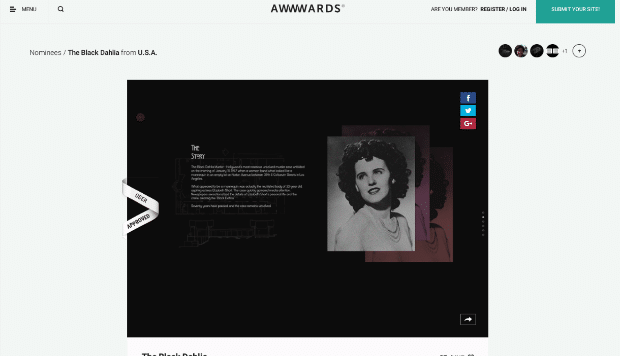
Power Digital | December 14, 2019

Power Digital | December 12, 2019

Power Digital | December 12, 2019

Power Digital | December 12, 2019

Power Digital | December 12, 2019

Power Digital | December 12, 2019

Power Digital | December 12, 2019

Power Digital | December 5, 2019

Power Digital | December 5, 2019

Power Digital | December 5, 2019

Power Digital | November 27, 2019

Power Digital | November 27, 2019

Power Digital | November 26, 2019

Power Digital | November 25, 2019

Power Digital | November 21, 2019

Power Digital | November 14, 2019

Power Digital | November 14, 2019

Power Digital | November 14, 2019

Power Digital | November 14, 2019

Power Digital | November 14, 2019

Power Digital | November 14, 2019
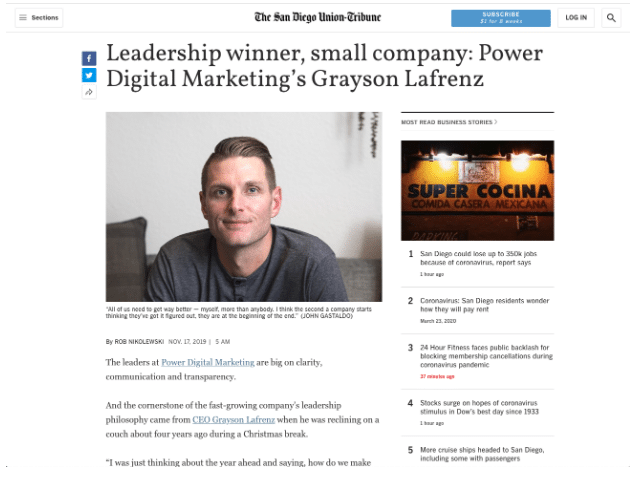
Power Digital | November 14, 2019

Power Digital | November 7, 2019

Power Digital | November 7, 2019

Power Digital | November 7, 2019

Power Digital | November 7, 2019

Power Digital | October 31, 2019

Power Digital | October 31, 2019

Power Digital | October 31, 2019

Power Digital | October 24, 2019

Power Digital | October 24, 2019

Power Digital | October 23, 2019

Power Digital | October 23, 2019

Power Digital | October 23, 2019

Power Digital | October 16, 2019

Power Digital | October 16, 2019

Power Digital | October 16, 2019

Power Digital | October 16, 2019

Power Digital | October 16, 2019

Power Digital | October 14, 2019

Power Digital | October 10, 2019

Power Digital | October 10, 2019

Power Digital | October 10, 2019

Power Digital | October 10, 2019

Power Digital | October 9, 2019

Power Digital | October 3, 2019

Power Digital | October 3, 2019

Power Digital | October 3, 2019

Power Digital | October 3, 2019

Power Digital | September 25, 2019

Power Digital | September 25, 2019

Power Digital | September 19, 2019

Power Digital | September 19, 2019

Power Digital | September 17, 2019

Power Digital | September 13, 2019

Power Digital | September 12, 2019

Power Digital | August 28, 2019

Power Digital | August 28, 2019

Power Digital | August 28, 2019

Power Digital | August 14, 2019

Power Digital | August 14, 2019

Power Digital | August 14, 2019
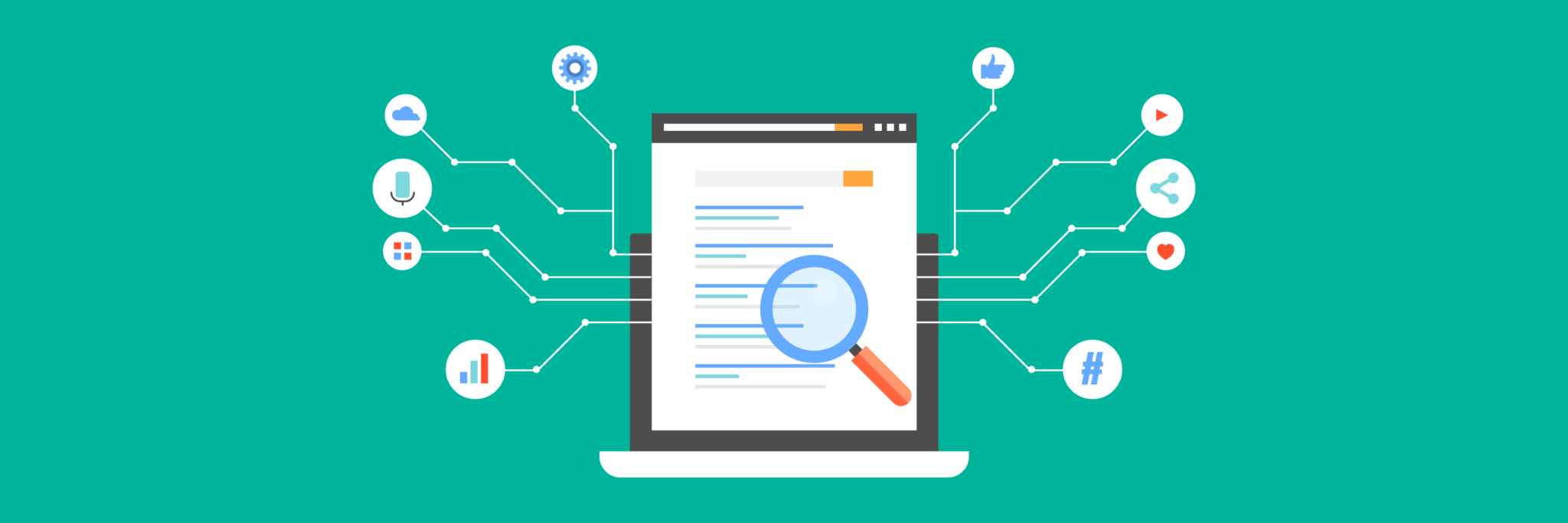
Power Digital | August 14, 2019

Power Digital | August 14, 2019

Power Digital | August 1, 2019

Power Digital | August 1, 2019

Power Digital | August 1, 2019

Power Digital | July 24, 2019

Power Digital | July 24, 2019

Power Digital | July 24, 2019

Power Digital | July 24, 2019

Power Digital | July 24, 2019

Power Digital | July 18, 2019

Power Digital | July 18, 2019

Power Digital | July 18, 2019

Power Digital | July 11, 2019

Power Digital | July 3, 2019

Power Digital | July 3, 2019

Power Digital | July 3, 2019

Power Digital | July 3, 2019

Power Digital | June 27, 2019

Power Digital | June 27, 2019

Power Digital | June 27, 2019

Power Digital | June 27, 2019

Power Digital | June 27, 2019

Power Digital | June 20, 2019

Power Digital | June 20, 2019

Power Digital | June 20, 2019

Power Digital | June 14, 2019

Power Digital | June 14, 2019

Power Digital | June 12, 2019

Power Digital | June 6, 2019

Power Digital | June 6, 2019

Power Digital | June 6, 2019

Power Digital | June 6, 2019

Power Digital | June 6, 2019

Power Digital | May 30, 2019

Power Digital | May 29, 2019

Power Digital | May 24, 2019

Power Digital | May 23, 2019

Power Digital | May 23, 2019

Power Digital | May 23, 2019

Power Digital | May 21, 2019

Power Digital | May 17, 2019

Power Digital | May 16, 2019

Power Digital | May 16, 2019

Power Digital | May 15, 2019

Power Digital | May 15, 2019

Power Digital | May 15, 2019

Power Digital | May 14, 2019

Power Digital | May 9, 2019

Power Digital | May 9, 2019

Power Digital | May 2, 2019

Power Digital | May 2, 2019

Power Digital | May 2, 2019

Power Digital | May 1, 2019

Power Digital | April 24, 2019

Power Digital | April 24, 2019

Power Digital | April 17, 2019

Power Digital | April 17, 2019

Power Digital | April 14, 2019

Power Digital | April 12, 2019

Power Digital | April 11, 2019

Power Digital | March 28, 2019

Power Digital | March 22, 2019

Power Digital | March 21, 2019

Power Digital | March 19, 2019

Power Digital | March 15, 2019

Power Digital | March 14, 2019

Power Digital | March 14, 2019

Power Digital | March 14, 2019

Power Digital | March 13, 2019

Power Digital | March 12, 2019

Power Digital | March 11, 2019

Power Digital | March 5, 2019

Power Digital | February 28, 2019

Power Digital | February 21, 2019

Power Digital | February 20, 2019

Power Digital | February 19, 2019

Power Digital | February 18, 2019

Power Digital | February 16, 2019

Power Digital | February 15, 2019

Power Digital | February 14, 2019

Power Digital | February 13, 2019

Power Digital | February 12, 2019

Power Digital | February 11, 2019

Power Digital | February 8, 2019

Power Digital | February 7, 2019

Power Digital | February 6, 2019

Power Digital | February 5, 2019

Power Digital | February 4, 2019

Power Digital | February 2, 2019

Power Digital | February 1, 2019

Power Digital | January 31, 2019

Power Digital | January 30, 2019

Power Digital | January 29, 2019

Power Digital | January 28, 2019

Power Digital | January 27, 2019

Power Digital | January 26, 2019

Power Digital | January 25, 2019

Power Digital | January 25, 2019

Power Digital | January 24, 2019

Power Digital | January 24, 2019

Power Digital | January 24, 2019

Power Digital | January 23, 2019

Power Digital | January 23, 2019

Power Digital | January 22, 2019

Power Digital | January 22, 2019

Power Digital | January 21, 2019

Power Digital | January 21, 2019

Power Digital | January 21, 2019

Power Digital | January 20, 2019

Power Digital | January 19, 2019

Power Digital | January 18, 2019

Power Digital | January 17, 2019

Power Digital | January 17, 2019

Power Digital | January 17, 2019

Power Digital | January 16, 2019

Power Digital | January 15, 2019

Power Digital | January 14, 2019

Power Digital | January 11, 2019

Power Digital | January 11, 2019

Power Digital | January 10, 2019

Power Digital | January 8, 2019

Power Digital | January 7, 2019

Power Digital | January 7, 2019

Power Digital | January 7, 2019

Power Digital | January 5, 2019

Power Digital | January 4, 2019

Power Digital | January 4, 2019

Power Digital | January 3, 2019

Power Digital | January 3, 2019

Power Digital | January 2, 2019

Power Digital | January 2, 2019

Power Digital | January 2, 2019

Power Digital | December 31, 2018

Power Digital | December 28, 2018

Power Digital | December 28, 2018

Power Digital | December 27, 2018

Power Digital | December 27, 2018

Power Digital | December 25, 2018

Power Digital | December 24, 2018

Power Digital | December 23, 2018

Power Digital | December 22, 2018

Power Digital | December 21, 2018

Power Digital | December 20, 2018
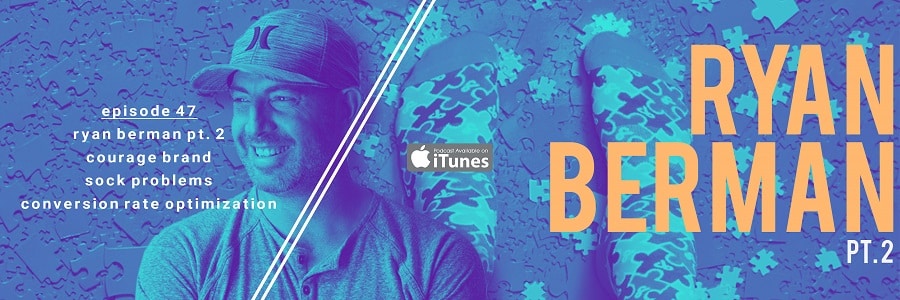
Power Digital | December 19, 2018

Power Digital | December 19, 2018

Power Digital | December 18, 2018

Power Digital | December 18, 2018

Power Digital | December 18, 2018

Power Digital | December 17, 2018

Power Digital | December 17, 2018

Power Digital | December 15, 2018

Power Digital | December 14, 2018

Power Digital | December 14, 2018

Power Digital | December 13, 2018

Power Digital | December 13, 2018

Power Digital | December 12, 2018

Power Digital | December 12, 2018

Power Digital | December 11, 2018

Power Digital | December 11, 2018

Power Digital | December 11, 2018

Power Digital | December 8, 2018

Power Digital | December 7, 2018

Power Digital | December 6, 2018

Power Digital | December 5, 2018

Power Digital | December 4, 2018

Power Digital | December 3, 2018

Power Digital | November 28, 2018

Power Digital | November 28, 2018

Power Digital | November 27, 2018

Power Digital | November 27, 2018

Power Digital | November 26, 2018

Power Digital | November 23, 2018

Power Digital | November 22, 2018

Power Digital | November 21, 2018

Power Digital | November 21, 2018

Power Digital | November 21, 2018

Power Digital | November 20, 2018

Power Digital | November 20, 2018

Power Digital | November 19, 2018

Power Digital | November 19, 2018

Power Digital | November 15, 2018

Power Digital | November 15, 2018

Power Digital | November 14, 2018

Power Digital | November 14, 2018

Power Digital | November 13, 2018

Power Digital | November 13, 2018

Power Digital | November 12, 2018

Power Digital | November 12, 2018

Power Digital | November 9, 2018

Power Digital | November 9, 2018

Power Digital | November 8, 2018

Power Digital | November 8, 2018

Power Digital | November 7, 2018

Power Digital | November 7, 2018

Power Digital | November 6, 2018

Power Digital | November 6, 2018

Power Digital | November 5, 2018

Power Digital | November 5, 2018

Power Digital | November 3, 2018

Power Digital | November 2, 2018

Power Digital | November 1, 2018

Power Digital | November 1, 2018

Power Digital | October 31, 2018

Power Digital | October 31, 2018

Power Digital | October 31, 2018

Power Digital | October 27, 2018

Power Digital | October 26, 2018

Power Digital | October 26, 2018

Power Digital | October 25, 2018

Power Digital | October 25, 2018

Power Digital | October 24, 2018

Power Digital | October 23, 2018

Power Digital | October 23, 2018
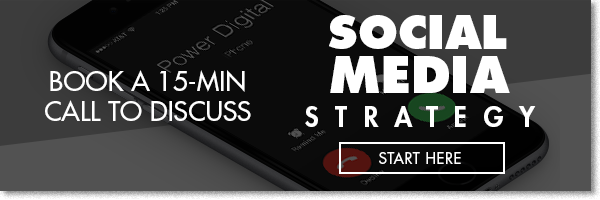
Power Digital | October 22, 2018

Power Digital | October 18, 2018

Power Digital | October 18, 2018

Power Digital | October 17, 2018

Power Digital | October 17, 2018

Power Digital | October 16, 2018

Power Digital | October 16, 2018

Power Digital | October 15, 2018

Power Digital | October 14, 2018

Power Digital | October 14, 2018

Power Digital | October 14, 2018

Power Digital | October 13, 2018

Power Digital | October 12, 2018

Power Digital | October 12, 2018

Power Digital | October 12, 2018

Power Digital | October 11, 2018

Power Digital | October 11, 2018

Power Digital | October 10, 2018

Power Digital | October 10, 2018

Power Digital | October 8, 2018

Power Digital | October 8, 2018

Power Digital | October 8, 2018

Power Digital | October 4, 2018

Power Digital | October 4, 2018

Power Digital | October 3, 2018

Power Digital | October 2, 2018

Power Digital | October 1, 2018

Power Digital | October 1, 2018

Power Digital | September 30, 2018

Power Digital | September 30, 2018

Power Digital | September 28, 2018

Power Digital | September 28, 2018

Power Digital | September 27, 2018

Power Digital | September 26, 2018

Power Digital | September 26, 2018

Power Digital | September 26, 2018

Power Digital | September 25, 2018

Power Digital | September 25, 2018

Power Digital | September 25, 2018

Power Digital | September 24, 2018

Power Digital | September 24, 2018

Power Digital | September 24, 2018

Power Digital | September 22, 2018

Power Digital | September 21, 2018

Power Digital | September 21, 2018

Power Digital | September 19, 2018

Power Digital | September 18, 2018

Power Digital | September 18, 2018

Power Digital | September 14, 2018
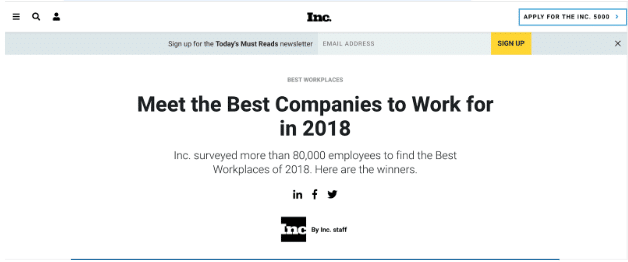
Power Digital | September 12, 2018

Power Digital | September 12, 2018

Power Digital | September 11, 2018

Power Digital | September 11, 2018

Power Digital | September 10, 2018

Power Digital | September 8, 2018

Power Digital | September 8, 2018

Power Digital | September 6, 2018

Power Digital | September 6, 2018

Power Digital | September 5, 2018

Power Digital | September 5, 2018

Power Digital | September 3, 2018

Power Digital | September 1, 2018

Power Digital | August 30, 2018

Power Digital | August 30, 2018

Power Digital | August 29, 2018

Power Digital | August 29, 2018

Power Digital | August 29, 2018

Power Digital | August 28, 2018

Power Digital | August 28, 2018

Power Digital | August 28, 2018

Power Digital | August 27, 2018

Power Digital | August 27, 2018

Power Digital | August 23, 2018

Power Digital | August 23, 2018

Power Digital | August 22, 2018

Power Digital | August 22, 2018

Power Digital | August 21, 2018

Power Digital | August 17, 2018

Power Digital | August 17, 2018

Power Digital | August 16, 2018

Power Digital | August 13, 2018

Power Digital | August 13, 2018

Power Digital | August 11, 2018

Power Digital | August 11, 2018

Power Digital | August 10, 2018

Power Digital | August 10, 2018

Power Digital | August 9, 2018

Power Digital | August 6, 2018

Power Digital | August 5, 2018

Power Digital | August 4, 2018

Power Digital | August 3, 2018

Power Digital | August 2, 2018

Power Digital | August 2, 2018

Power Digital | August 2, 2018

Power Digital | August 2, 2018

Power Digital | July 30, 2018

Power Digital | July 30, 2018

Power Digital | July 30, 2018

Power Digital | July 27, 2018

Power Digital | July 27, 2018

Power Digital | July 26, 2018

Power Digital | July 26, 2018

Power Digital | July 25, 2018

Power Digital | July 25, 2018

Power Digital | July 25, 2018

Power Digital | July 24, 2018

Power Digital | July 24, 2018

Power Digital | July 23, 2018

Power Digital | July 23, 2018

Power Digital | July 21, 2018

Power Digital | July 20, 2018

Power Digital | July 20, 2018

Power Digital | July 19, 2018

Power Digital | July 18, 2018

Power Digital | July 18, 2018
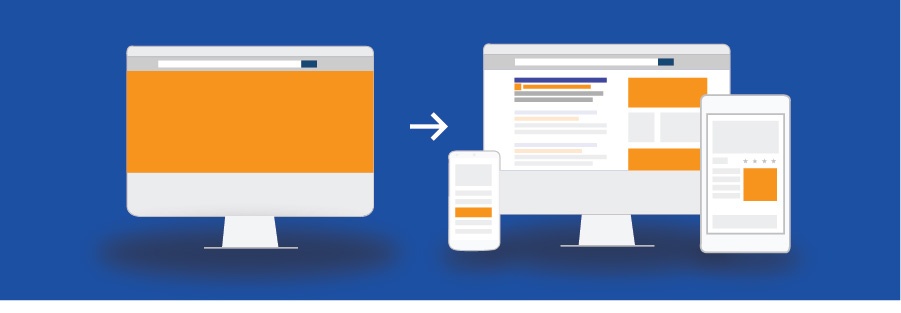
Power Digital | July 18, 2018

Power Digital | July 17, 2018

Power Digital | July 17, 2018

Power Digital | July 17, 2018

Power Digital | July 16, 2018

Power Digital | July 16, 2018

Power Digital | July 15, 2018

Power Digital | July 14, 2018

Power Digital | July 12, 2018

Power Digital | July 10, 2018

Power Digital | July 9, 2018

Power Digital | July 5, 2018

Power Digital | July 5, 2018

Power Digital | July 5, 2018

Power Digital | July 4, 2018

Power Digital | July 3, 2018

Power Digital | June 29, 2018

Power Digital | June 29, 2018

Power Digital | June 28, 2018

Power Digital | June 28, 2018

Power Digital | June 27, 2018

Power Digital | June 26, 2018

Power Digital | June 23, 2018

Power Digital | June 21, 2018

Power Digital | June 21, 2018

Power Digital | June 20, 2018

Power Digital | June 18, 2018

Power Digital | June 18, 2018

Power Digital | June 18, 2018

Power Digital | June 16, 2018
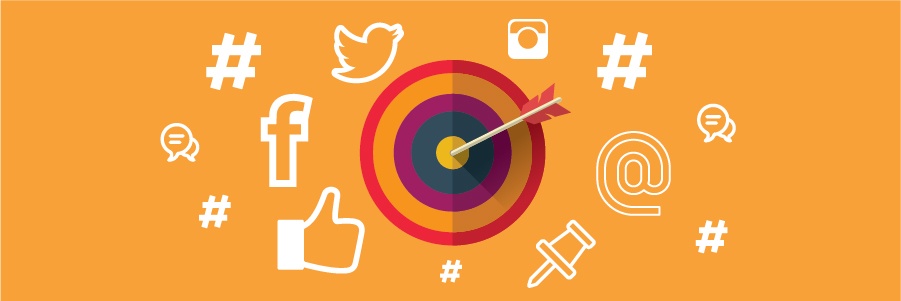
Power Digital | June 15, 2018

Power Digital | June 15, 2018

Power Digital | June 14, 2018

Power Digital | June 14, 2018

Power Digital | June 14, 2018

Power Digital | June 13, 2018

Power Digital | June 13, 2018

Power Digital | June 12, 2018

Power Digital | June 11, 2018

Power Digital | June 10, 2018

Power Digital | June 8, 2018

Power Digital | June 7, 2018

Power Digital | June 6, 2018

Power Digital | June 6, 2018

Power Digital | June 6, 2018

Power Digital | June 6, 2018

Power Digital | June 5, 2018

Power Digital | June 5, 2018

Power Digital | June 4, 2018

Power Digital | June 3, 2018

Power Digital | May 31, 2018

Power Digital | May 29, 2018

Power Digital | May 29, 2018

Power Digital | May 29, 2018

Power Digital | May 28, 2018

Power Digital | May 25, 2018

Power Digital | May 23, 2018

Power Digital | May 19, 2018

Power Digital | May 18, 2018

Power Digital | May 18, 2018

Power Digital | May 17, 2018
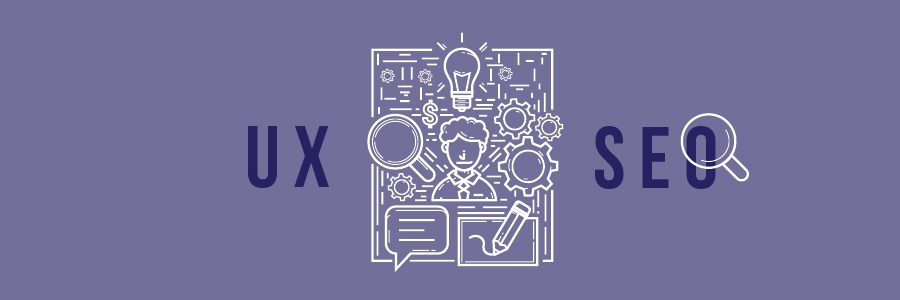
Power Digital | May 16, 2018

Power Digital | May 16, 2018

Power Digital | May 15, 2018

Power Digital | May 15, 2018
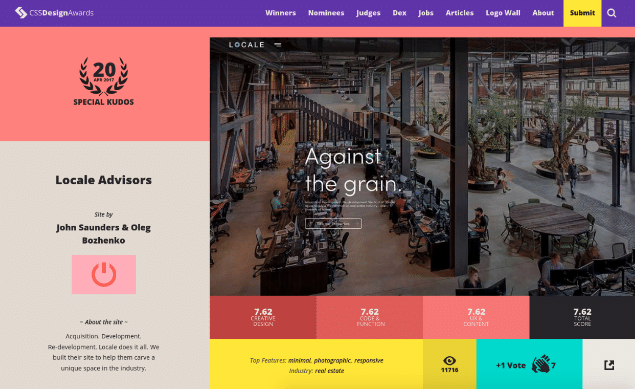
Power Digital | May 14, 2018
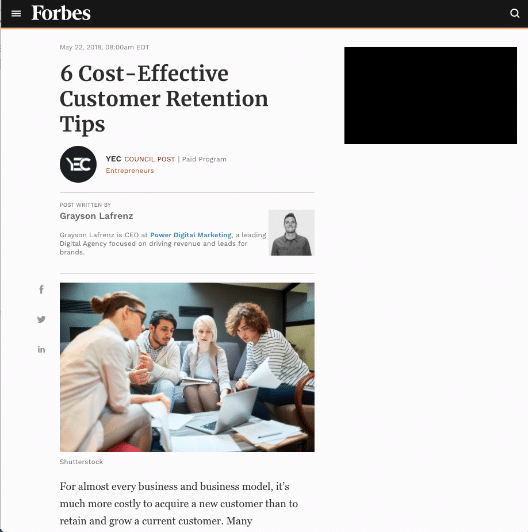
Power Digital | May 14, 2018
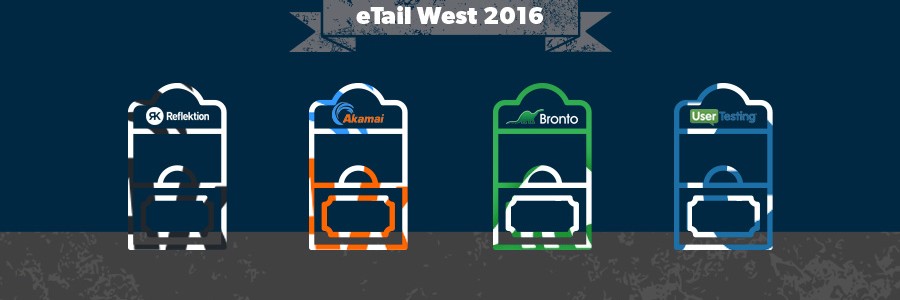
Power Digital | May 12, 2018

Power Digital | May 11, 2018

Power Digital | May 11, 2018

Power Digital | May 10, 2018

Power Digital | May 9, 2018

Power Digital | May 9, 2018

Power Digital | May 8, 2018

Power Digital | May 8, 2018

Power Digital | May 7, 2018

Power Digital | May 6, 2018

Power Digital | May 4, 2018

Power Digital | May 4, 2018

Power Digital | May 4, 2018

Power Digital | May 4, 2018

Power Digital | May 3, 2018

Power Digital | May 3, 2018

Power Digital | May 3, 2018

Power Digital | May 3, 2018

Power Digital | May 2, 2018

Power Digital | May 2, 2018

Power Digital | May 2, 2018

Power Digital | May 2, 2018

Power Digital | May 1, 2018

Power Digital | May 1, 2018

Power Digital | May 1, 2018

Power Digital | May 1, 2018

Power Digital | April 30, 2018

Power Digital | April 30, 2018

Power Digital | April 28, 2018

Power Digital | April 25, 2018

Power Digital | April 25, 2018

Power Digital | April 25, 2018

Power Digital | April 24, 2018

Power Digital | April 22, 2018

Power Digital | April 21, 2018

Power Digital | April 21, 2018

Power Digital | April 20, 2018

Power Digital | April 20, 2018

Power Digital | April 20, 2018

Power Digital | April 20, 2018

Power Digital | April 20, 2018

Power Digital | April 19, 2018

Power Digital | April 18, 2018

Power Digital | April 18, 2018

Power Digital | April 18, 2018

Power Digital | April 16, 2018

Power Digital | April 14, 2018

Power Digital | April 13, 2018

Power Digital | April 12, 2018

Power Digital | April 12, 2018

Power Digital | April 11, 2018

Power Digital | April 11, 2018

Power Digital | April 10, 2018

Power Digital | April 10, 2018

Power Digital | April 10, 2018

Power Digital | April 9, 2018

Power Digital | April 9, 2018

Power Digital | April 6, 2018
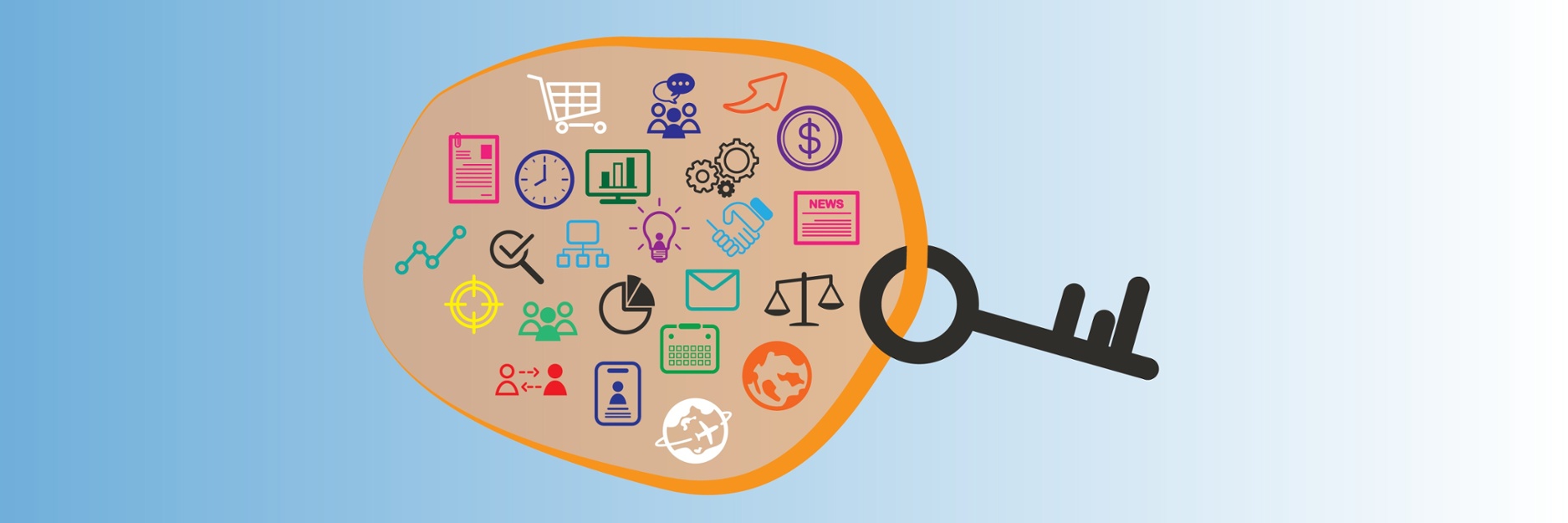
Power Digital | April 6, 2018

Power Digital | April 6, 2018

Power Digital | April 4, 2018

Power Digital | April 4, 2018

Power Digital | April 3, 2018

Power Digital | April 2, 2018

Power Digital | April 2, 2018

Power Digital | April 2, 2018

Power Digital | April 2, 2018

Power Digital | April 2, 2018

Power Digital | March 30, 2018

Power Digital | March 30, 2018

Power Digital | March 30, 2018

Power Digital | March 30, 2018

Power Digital | March 30, 2018

Power Digital | March 30, 2018

Power Digital | March 29, 2018

Power Digital | March 29, 2018

Power Digital | March 29, 2018
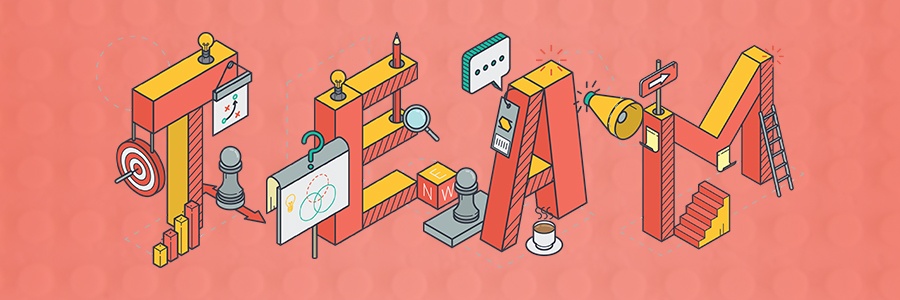
Power Digital | March 28, 2018

Power Digital | March 28, 2018

Power Digital | March 28, 2018

Power Digital | March 28, 2018

Power Digital | March 28, 2018

Power Digital | March 28, 2018

Power Digital | March 27, 2018

Power Digital | March 26, 2018

Power Digital | March 26, 2018

Power Digital | March 24, 2018

Power Digital | March 23, 2018

Power Digital | March 22, 2018

Power Digital | March 22, 2018

Power Digital | March 22, 2018

Power Digital | March 22, 2018

Power Digital | March 22, 2018

Power Digital | March 22, 2018

Power Digital | March 22, 2018

Power Digital | March 21, 2018

Power Digital | March 20, 2018

Power Digital | March 20, 2018

Power Digital | March 20, 2018

Power Digital | March 20, 2018

Power Digital | March 19, 2018
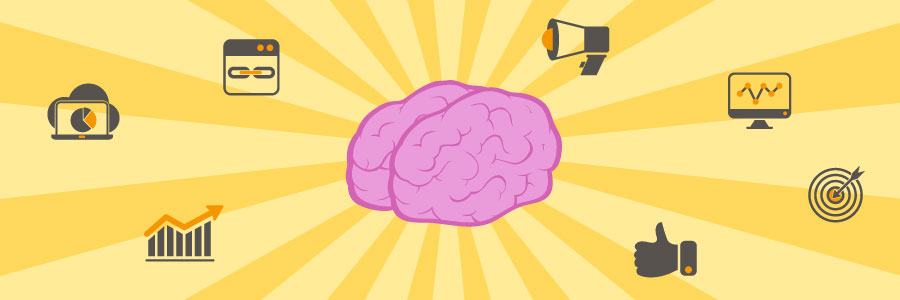
Power Digital | March 16, 2018

Power Digital | March 16, 2018

Power Digital | March 16, 2018

Power Digital | March 15, 2018

Power Digital | March 15, 2018

Power Digital | March 15, 2018

Power Digital | March 15, 2018

Power Digital | March 14, 2018
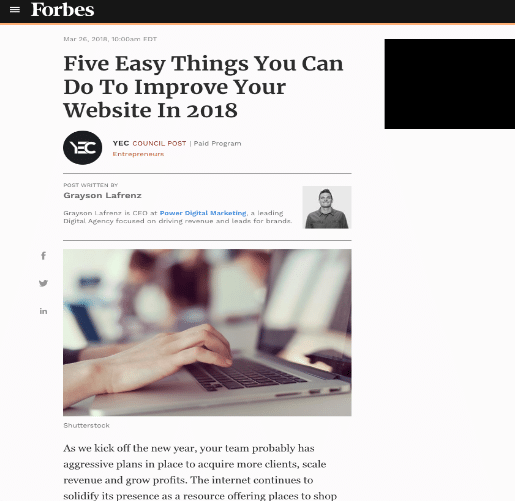
Power Digital | March 14, 2018

Power Digital | March 14, 2018

Power Digital | March 13, 2018

Power Digital | March 9, 2018

Power Digital | March 9, 2018

Power Digital | March 8, 2018

Power Digital | March 8, 2018
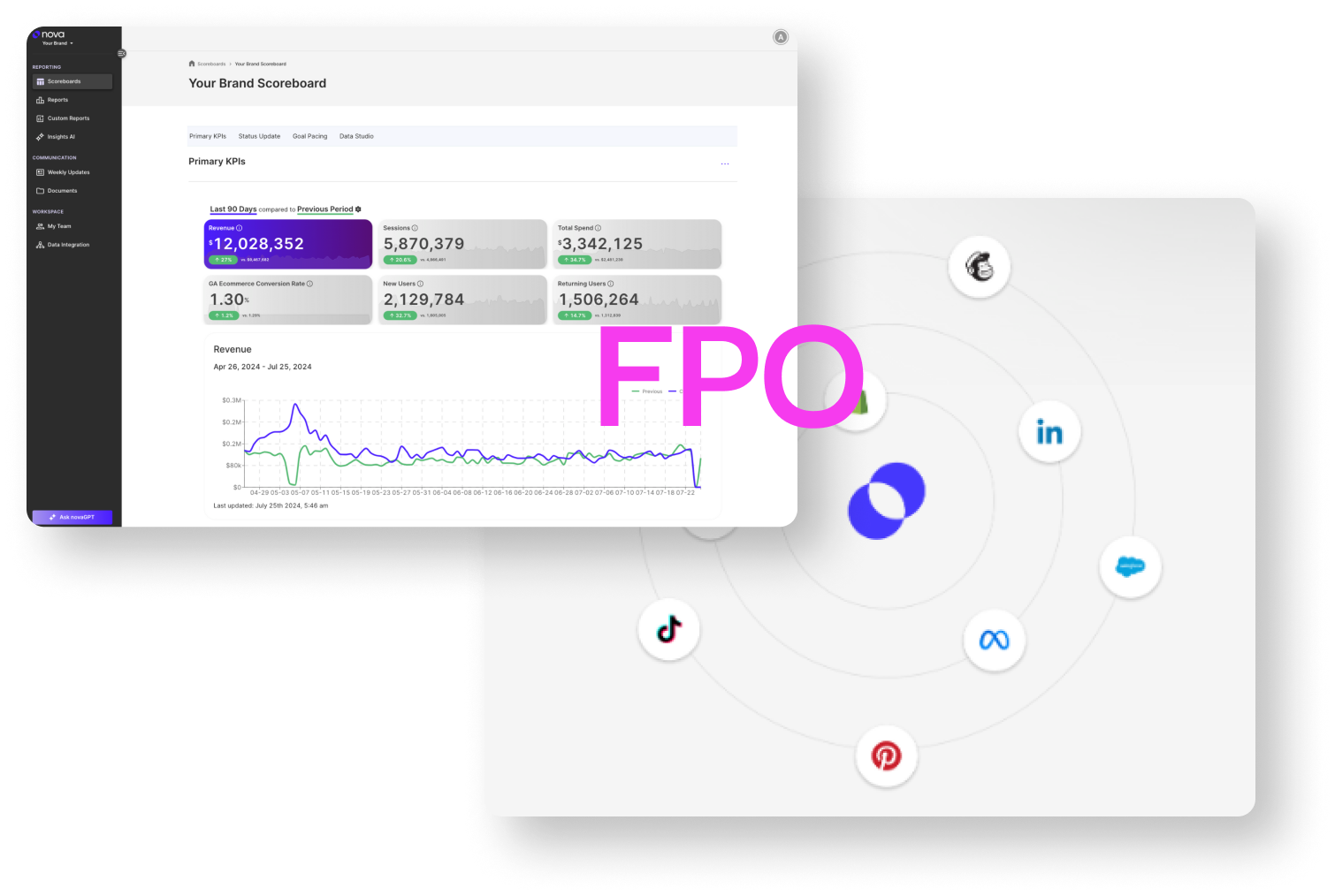
Power Digital | March 8, 2018

Power Digital | March 8, 2018

Power Digital | March 8, 2018

Power Digital | March 8, 2018

Power Digital | March 8, 2018

Power Digital | March 7, 2018

Power Digital | March 7, 2018

Power Digital | March 6, 2018

Power Digital | March 6, 2018

Power Digital | March 5, 2018

Power Digital | March 5, 2018

Power Digital | March 2, 2018

Power Digital | March 2, 2018

Power Digital | March 2, 2018

Power Digital | March 2, 2018

Power Digital | March 2, 2018

Power Digital | March 2, 2018

Power Digital | March 1, 2018

Power Digital | February 28, 2018

Power Digital | February 28, 2018

Power Digital | February 28, 2018

Power Digital | February 28, 2018

Power Digital | February 28, 2018

Power Digital | February 27, 2018

Power Digital | February 27, 2018

Power Digital | February 27, 2018

Power Digital | February 27, 2018

Power Digital | February 26, 2018

Power Digital | February 26, 2018

Power Digital | February 26, 2018

Power Digital | February 26, 2018

Power Digital | February 26, 2018

Power Digital | February 25, 2018

Power Digital | February 25, 2018

Power Digital | February 25, 2018

Power Digital | February 23, 2018

Power Digital | February 23, 2018

Power Digital | February 22, 2018

Power Digital | February 22, 2018

Power Digital | February 22, 2018

Power Digital | February 20, 2018

Power Digital | February 20, 2018

Power Digital | February 20, 2018

Power Digital | February 18, 2018

Power Digital | February 17, 2018

Power Digital | February 17, 2018

Power Digital | February 17, 2018

Power Digital | February 17, 2018

Power Digital | February 16, 2018

Power Digital | February 16, 2018

Power Digital | February 16, 2018

Power Digital | February 16, 2018

Power Digital | February 15, 2018

Power Digital | February 15, 2018

Power Digital | February 14, 2018

Power Digital | February 14, 2018

Power Digital | February 14, 2018

Power Digital | February 14, 2018

Power Digital | February 14, 2018

Power Digital | February 13, 2018

Power Digital | February 13, 2018

Power Digital | February 13, 2018

Power Digital | February 10, 2018

Power Digital | February 9, 2018

Power Digital | February 9, 2018

Power Digital | February 9, 2018

Power Digital | February 9, 2018

Power Digital | February 8, 2018

Power Digital | February 7, 2018

Power Digital | February 7, 2018

Power Digital | February 7, 2018

Power Digital | February 7, 2018

Power Digital | February 6, 2018

Power Digital | February 6, 2018
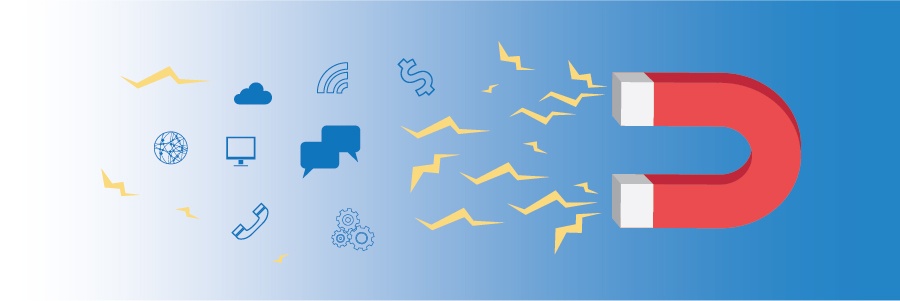
Power Digital | February 5, 2018

Power Digital | February 5, 2018

Power Digital | February 5, 2018

Power Digital | February 3, 2018
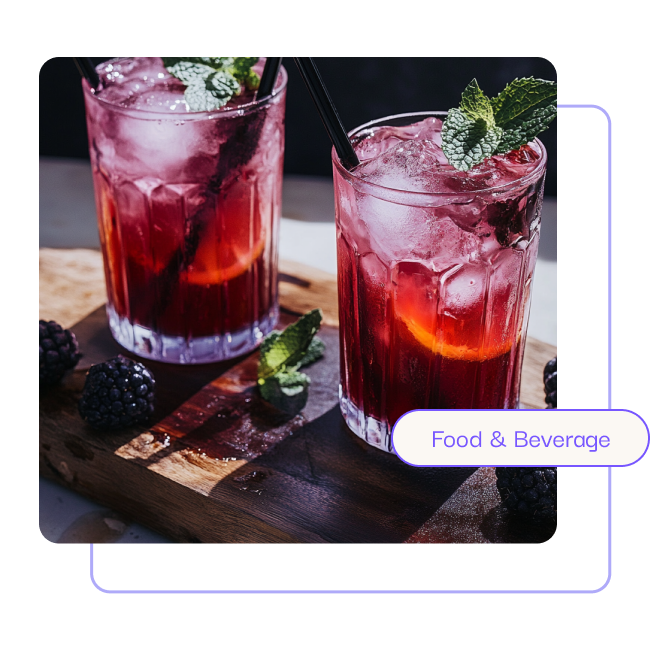
Power Digital | February 2, 2018

Power Digital | February 2, 2018

Power Digital | February 2, 2018

Power Digital | February 1, 2018

Power Digital | February 1, 2018

Power Digital | January 30, 2018

Power Digital | January 30, 2018

Power Digital | January 30, 2018

Power Digital | January 30, 2018

Power Digital | January 30, 2018

Power Digital | January 30, 2018

Power Digital | January 30, 2018

Power Digital | January 30, 2018

Power Digital | January 30, 2018

Power Digital | January 30, 2018

Power Digital | January 29, 2018

Power Digital | January 29, 2018

Power Digital | January 29, 2018

Power Digital | January 29, 2018

Power Digital | January 29, 2018

Power Digital | January 29, 2018

Power Digital | January 29, 2018

Power Digital | January 29, 2018

Power Digital | January 29, 2018

Power Digital | January 28, 2018

Power Digital | January 27, 2018

Power Digital | January 27, 2018

Power Digital | January 25, 2018

Power Digital | January 25, 2018

Power Digital | January 25, 2018

Power Digital | January 24, 2018

Power Digital | January 24, 2018

Power Digital | January 24, 2018

Power Digital | January 24, 2018

Power Digital | January 24, 2018

Power Digital | January 24, 2018

Power Digital | January 24, 2018

Power Digital | January 23, 2018

Power Digital | January 23, 2018

Power Digital | January 23, 2018

Power Digital | January 22, 2018

Power Digital | January 20, 2018

Power Digital | January 20, 2018

Power Digital | January 19, 2018

Power Digital | January 18, 2018

Power Digital | January 18, 2018

Power Digital | January 17, 2018
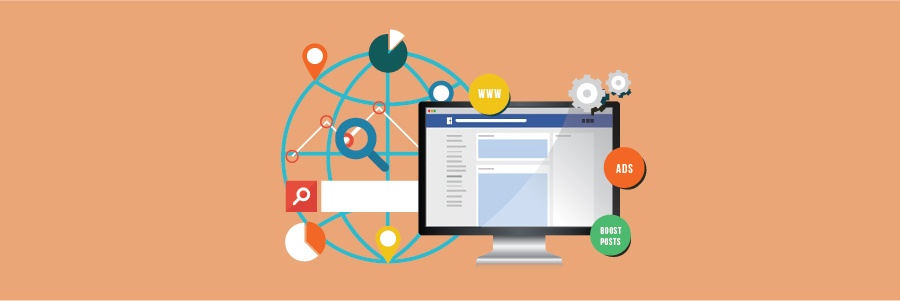
Power Digital | January 17, 2018

Power Digital | January 17, 2018

Power Digital | January 17, 2018

Power Digital | January 17, 2018

Power Digital | January 17, 2018

Power Digital | January 16, 2018

Power Digital | January 16, 2018

Power Digital | January 16, 2018

Power Digital | January 16, 2018

Power Digital | January 16, 2018

Power Digital | January 15, 2018

Power Digital | January 15, 2018

Power Digital | January 15, 2018

Power Digital | January 15, 2018

Power Digital | January 15, 2018

Power Digital | January 15, 2018

Power Digital | January 15, 2018

Power Digital | January 15, 2018

Power Digital | January 15, 2018

Power Digital | January 15, 2018

Power Digital | January 15, 2018

Power Digital | January 15, 2018

Power Digital | January 15, 2018

Power Digital | January 15, 2018

Power Digital | January 14, 2018
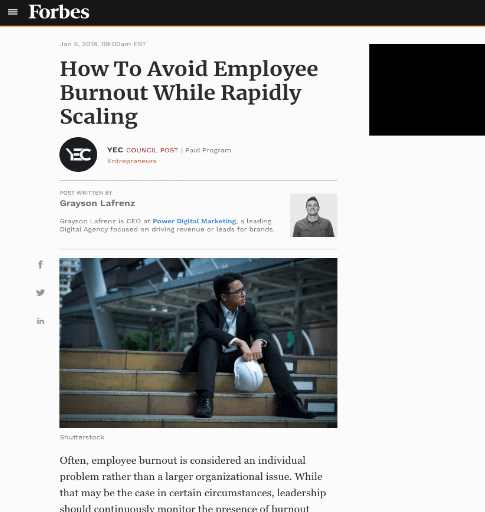
Power Digital | January 14, 2018

Power Digital | January 13, 2018

Power Digital | January 13, 2018

Power Digital | January 12, 2018

Power Digital | January 12, 2018

Power Digital | January 12, 2018

Power Digital | January 12, 2018

Power Digital | January 12, 2018

Power Digital | January 12, 2018

Power Digital | January 12, 2018

Power Digital | January 12, 2018

Power Digital | January 12, 2018

Power Digital | January 12, 2018

Power Digital | January 12, 2018

Power Digital | January 12, 2018

Power Digital | January 12, 2018

Power Digital | January 12, 2018

Power Digital | January 12, 2018
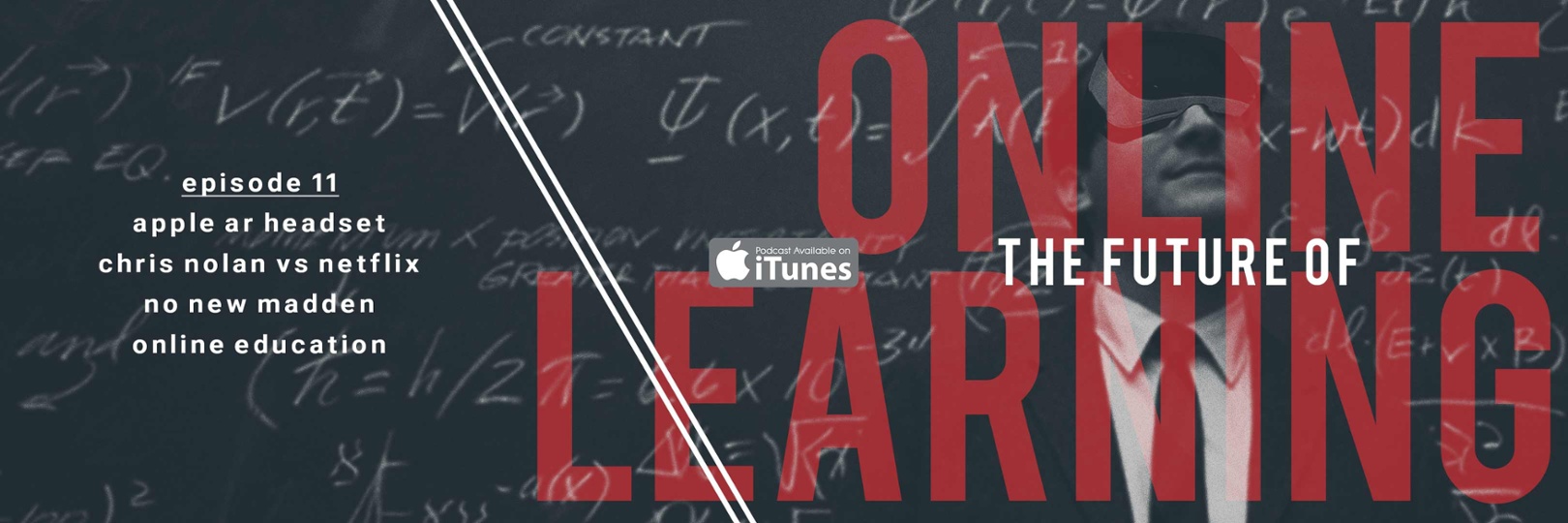
Power Digital | January 12, 2018

Power Digital | January 12, 2018

Power Digital | January 12, 2018

Power Digital | January 12, 2018

Power Digital | January 12, 2018

Power Digital | January 12, 2018

Power Digital | January 12, 2018

Power Digital | January 12, 2018

Power Digital | January 12, 2018

Power Digital | January 12, 2018

Power Digital | January 12, 2018

Power Digital | January 12, 2018

Power Digital | January 12, 2018

Power Digital | January 12, 2018

Power Digital | January 12, 2018

Power Digital | January 12, 2018

Power Digital | January 11, 2018

Power Digital | January 11, 2018

Power Digital | January 11, 2018

Power Digital | January 11, 2018
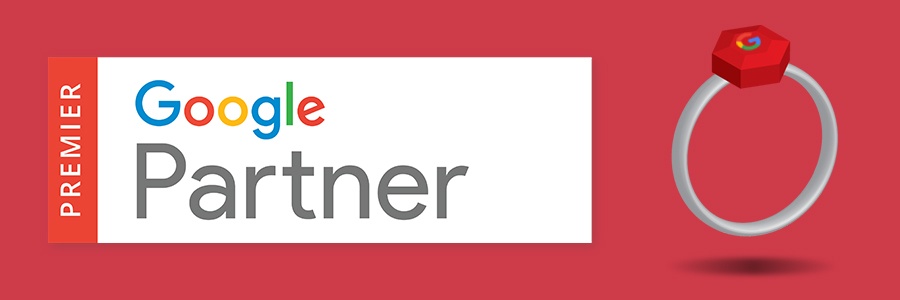
Power Digital | January 11, 2018

Power Digital | January 11, 2018

Power Digital | January 11, 2018

Power Digital | January 11, 2018

Power Digital | January 11, 2018

Power Digital | January 11, 2018

Power Digital | January 10, 2018

Power Digital | January 10, 2018

Power Digital | January 10, 2018

Power Digital | January 10, 2018

Power Digital | January 10, 2018

Power Digital | January 10, 2018

Power Digital | January 9, 2018

Power Digital | January 9, 2018

Power Digital | January 9, 2018

Power Digital | January 8, 2018

Power Digital | January 8, 2018

Power Digital | January 7, 2018

Power Digital | January 7, 2018

Power Digital | January 7, 2018

Power Digital | January 5, 2018

Power Digital | January 5, 2018

Power Digital | January 5, 2018

Power Digital | January 5, 2018

Power Digital | January 5, 2018

Power Digital | January 4, 2018

Power Digital | January 4, 2018

Power Digital | January 4, 2018

Power Digital | January 4, 2018

Power Digital | January 3, 2018

Power Digital | January 3, 2018

Power Digital | December 28, 2017

Power Digital | December 22, 2017

Power Digital | December 18, 2017

Power Digital | December 17, 2017
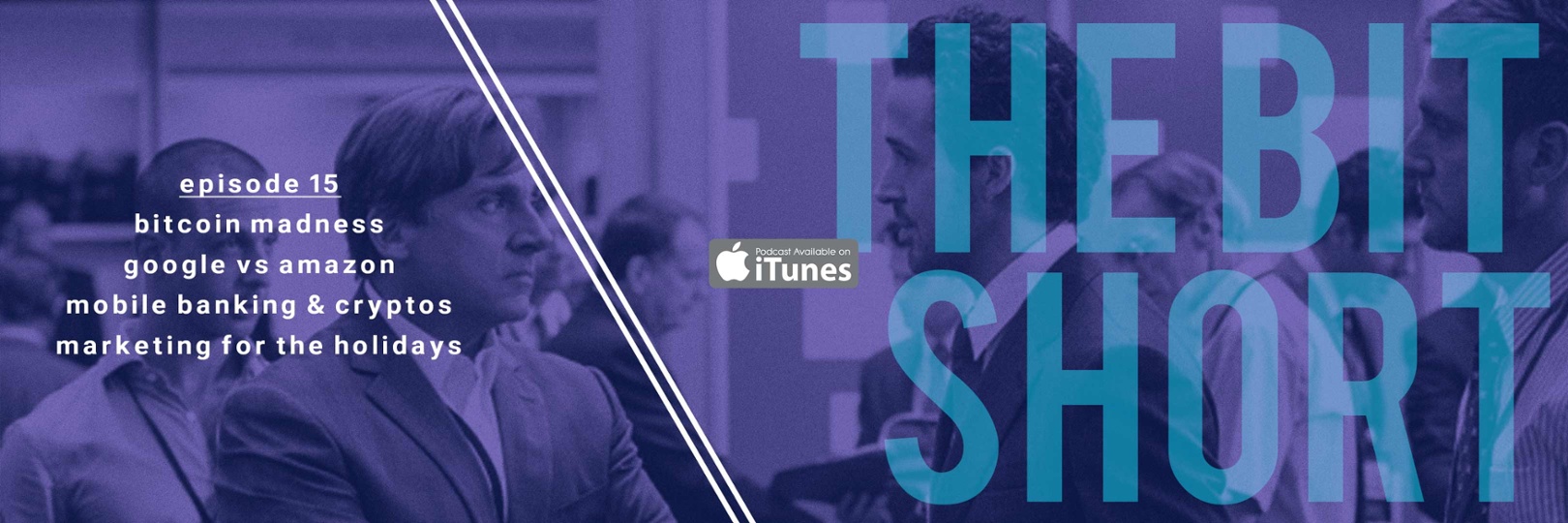
Power Digital | December 15, 2017

Power Digital | December 15, 2017

Power Digital | December 14, 2017

Power Digital | December 13, 2017

Power Digital | December 8, 2017

Power Digital | December 6, 2017

Power Digital | December 6, 2017

Power Digital | December 6, 2017

Power Digital | December 5, 2017

Power Digital | December 5, 2017

Power Digital | December 5, 2017

Power Digital | December 5, 2017

Power Digital | December 5, 2017

Power Digital | December 4, 2017

Power Digital | December 4, 2017

Power Digital | November 29, 2017

Power Digital | November 29, 2017

Power Digital | November 29, 2017

Power Digital | November 29, 2017

Power Digital | November 22, 2017

Power Digital | November 20, 2017

Power Digital | November 20, 2017

Power Digital | November 16, 2017

Power Digital | November 16, 2017

Power Digital | November 15, 2017

Power Digital | November 15, 2017

Power Digital | November 15, 2017

Power Digital | November 15, 2017

Power Digital | November 9, 2017

Power Digital | November 9, 2017

Power Digital | November 8, 2017

Power Digital | November 8, 2017

Power Digital | November 7, 2017
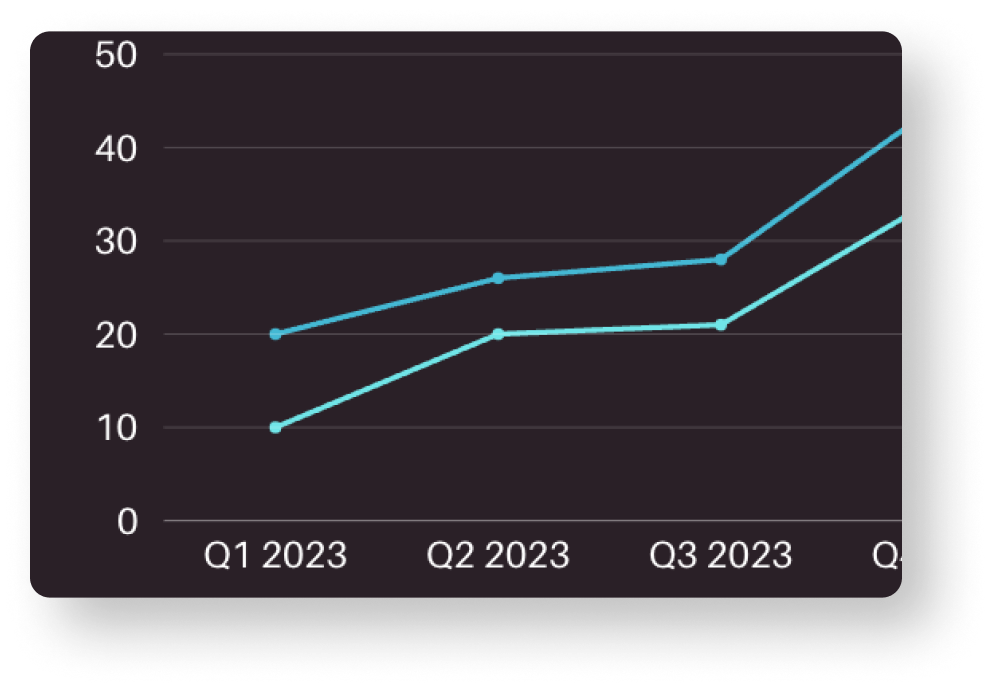
Power Digital | November 7, 2017
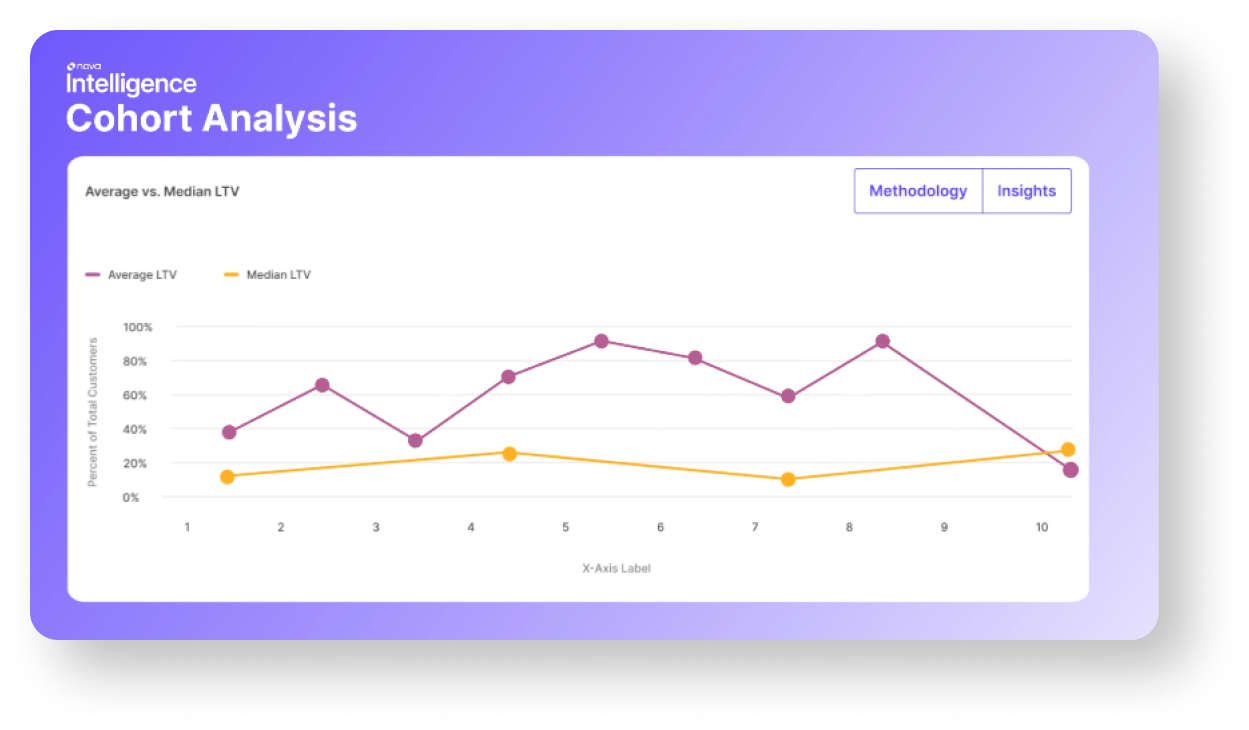
Power Digital | November 3, 2017

Power Digital | November 3, 2017

Power Digital | November 2, 2017

Power Digital | November 1, 2017

Power Digital | October 30, 2017

Power Digital | October 29, 2017

Power Digital | October 27, 2017

Power Digital | October 27, 2017

Power Digital | October 27, 2017

Power Digital | October 27, 2017

Power Digital | October 24, 2017
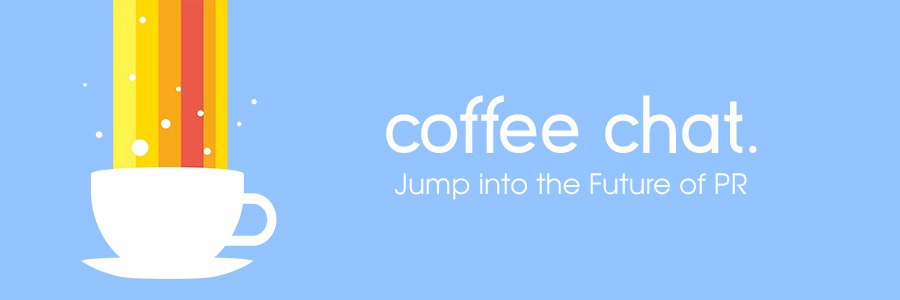
Power Digital | October 23, 2017
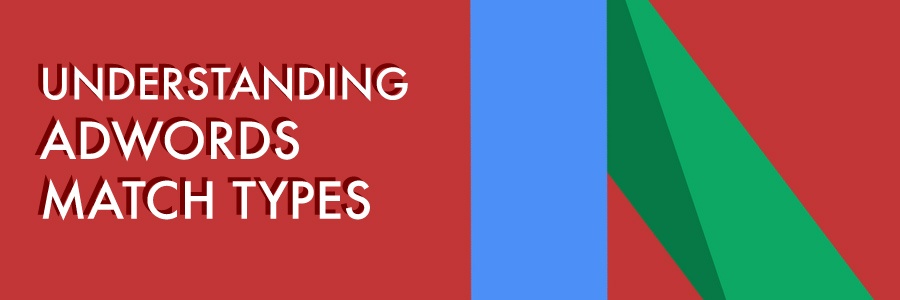
Power Digital | October 22, 2017
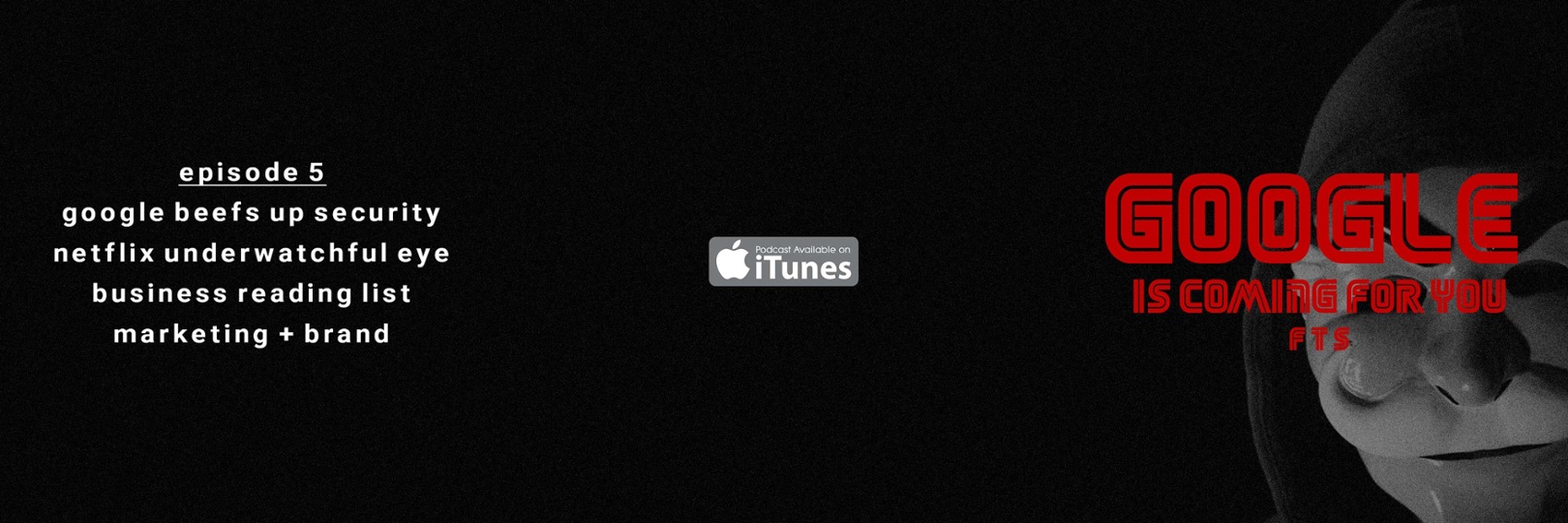
Power Digital | October 20, 2017

Power Digital | October 20, 2017

Power Digital | October 20, 2017

Power Digital | October 20, 2017

Power Digital | October 17, 2017
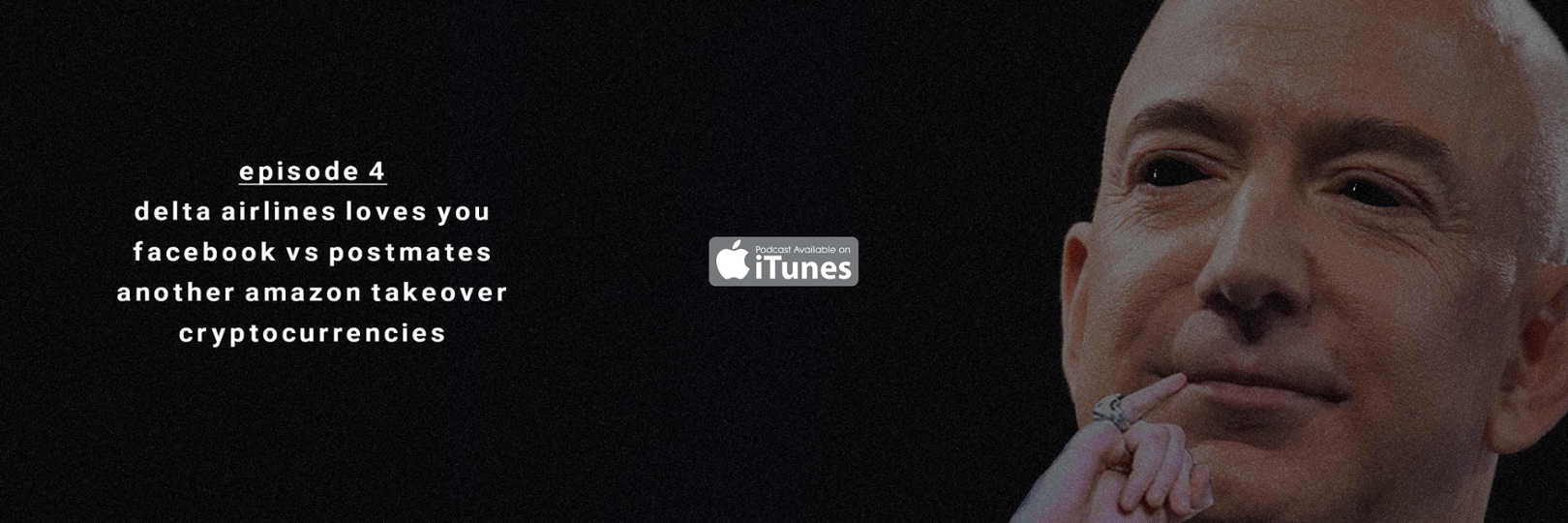
Power Digital | October 16, 2017

Power Digital | October 16, 2017

Power Digital | October 16, 2017

Power Digital | October 16, 2017

Power Digital | October 16, 2017

Power Digital | October 13, 2017

Power Digital | October 13, 2017

Power Digital | October 12, 2017

Power Digital | October 11, 2017

Power Digital | October 9, 2017

Power Digital | October 6, 2017

Power Digital | October 6, 2017

Power Digital | October 6, 2017

Power Digital | October 5, 2017

Power Digital | October 4, 2017

Power Digital | October 3, 2017

Power Digital | September 29, 2017

Power Digital | September 29, 2017

Power Digital | September 27, 2017

Power Digital | September 27, 2017

Power Digital | September 26, 2017

Power Digital | September 22, 2017

Power Digital | September 22, 2017

Power Digital | September 22, 2017

Power Digital | September 22, 2017

Power Digital | September 22, 2017

Power Digital | September 22, 2017

Power Digital | September 21, 2017

Power Digital | September 20, 2017

Power Digital | September 20, 2017

Power Digital | September 18, 2017

Power Digital | September 18, 2017

Power Digital | September 14, 2017

Power Digital | September 14, 2017

Power Digital | September 14, 2017

Power Digital | September 12, 2017

Power Digital | September 11, 2017

Power Digital | September 7, 2017

Power Digital | September 6, 2017

Power Digital | September 6, 2017

Power Digital | September 6, 2017

Power Digital | September 6, 2017

Power Digital | September 5, 2017

Power Digital | September 5, 2017

Power Digital | September 5, 2017
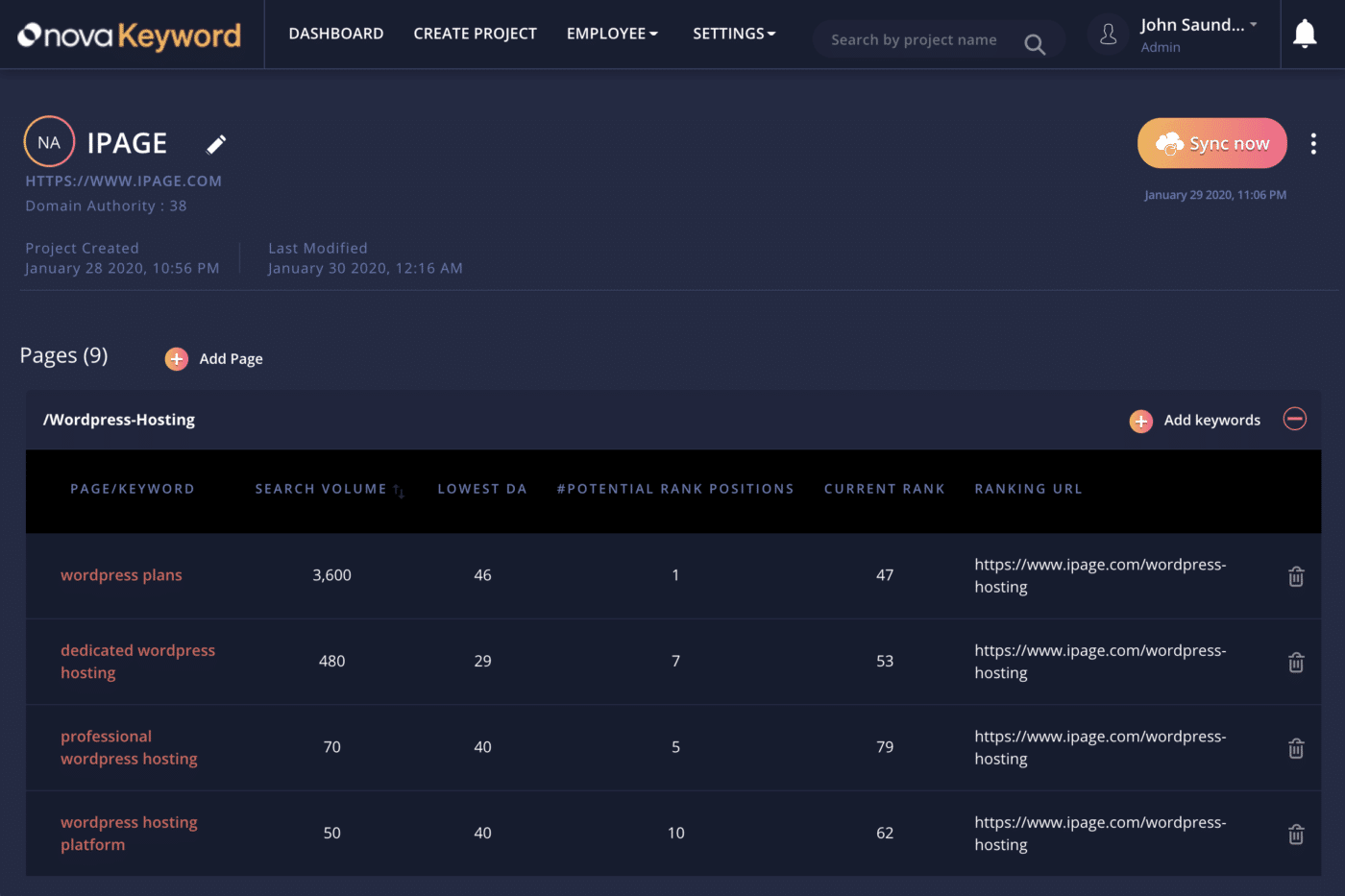
Power Digital | September 5, 2017

Power Digital | August 30, 2017

Power Digital | August 30, 2017

Power Digital | August 30, 2017
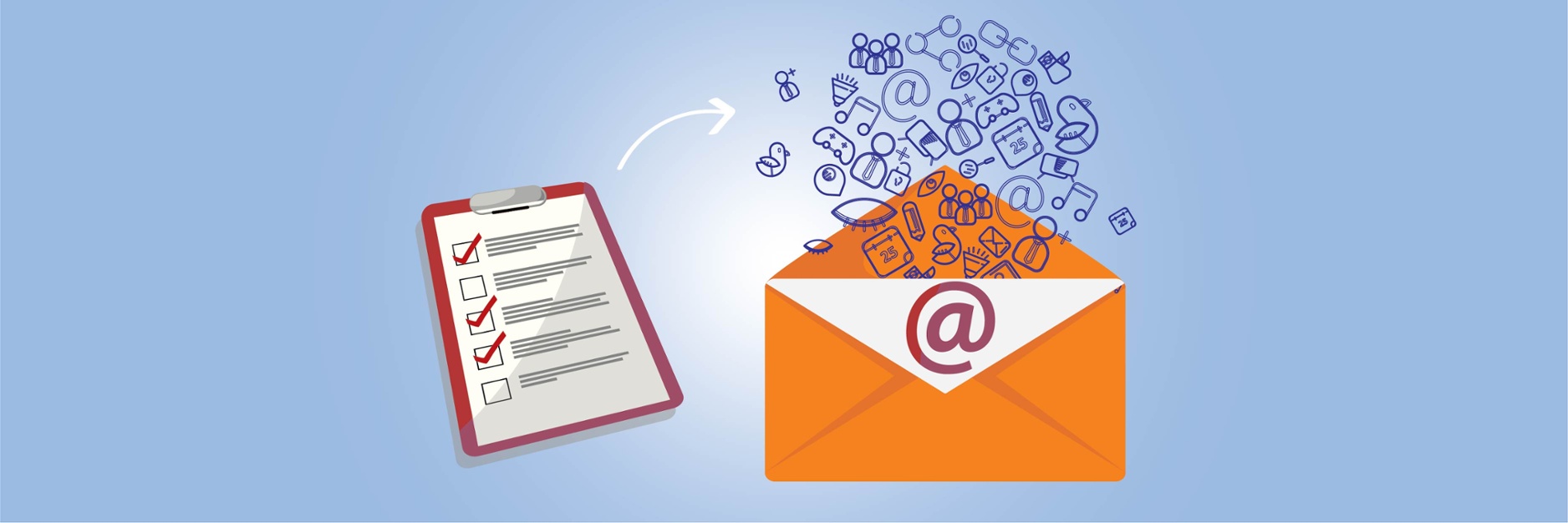
Power Digital | August 30, 2017

Power Digital | August 30, 2017

Power Digital | August 30, 2017

Power Digital | August 29, 2017
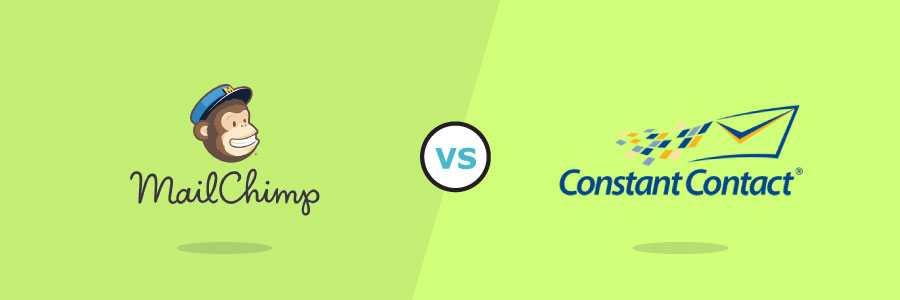
Power Digital | August 29, 2017

Power Digital | August 29, 2017

Power Digital | August 29, 2017

Power Digital | August 29, 2017

Power Digital | August 29, 2017

Power Digital | August 29, 2017
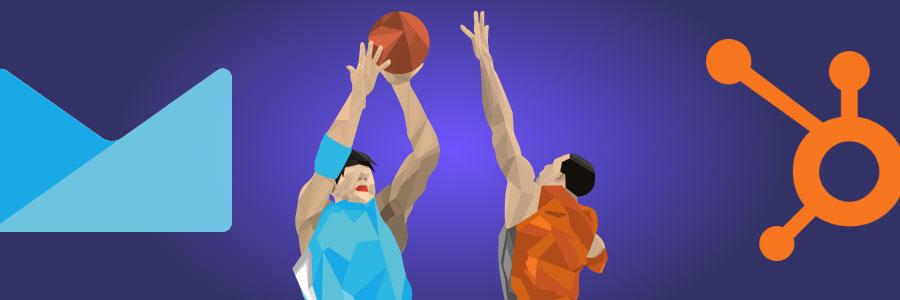
Power Digital | August 29, 2017

Power Digital | August 28, 2017

Power Digital | August 28, 2017

Power Digital | August 27, 2017

Power Digital | August 27, 2017

Power Digital | August 27, 2017

Power Digital | August 26, 2017

Power Digital | August 26, 2017

Power Digital | August 26, 2017

Power Digital | August 26, 2017

Power Digital | August 25, 2017

Power Digital | August 25, 2017

Power Digital | August 24, 2017

Power Digital | August 24, 2017

Power Digital | August 24, 2017

Power Digital | August 24, 2017

Power Digital | August 23, 2017

Power Digital | August 23, 2017

Power Digital | August 22, 2017

Power Digital | August 22, 2017

Power Digital | August 21, 2017

Power Digital | August 18, 2017

Power Digital | August 18, 2017

Power Digital | August 17, 2017

Power Digital | August 15, 2017

Power Digital | August 15, 2017

Power Digital | August 15, 2017

Power Digital | August 15, 2017

Power Digital | August 15, 2017

Power Digital | August 14, 2017

Power Digital | August 12, 2017

Power Digital | August 11, 2017

Power Digital | August 11, 2017

Power Digital | August 10, 2017

Power Digital | August 10, 2017

Power Digital | August 8, 2017

Power Digital | August 8, 2017

Power Digital | August 8, 2017

Power Digital | August 8, 2017

Power Digital | August 7, 2017

Power Digital | August 7, 2017

Power Digital | August 7, 2017

Power Digital | August 4, 2017

Power Digital | August 3, 2017
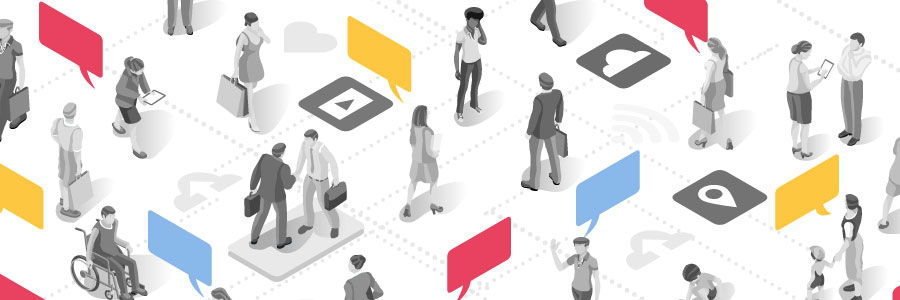
Power Digital | August 3, 2017

Power Digital | August 2, 2017

Power Digital | August 2, 2017

Power Digital | August 1, 2017

Power Digital | July 31, 2017

Power Digital | July 31, 2017

Power Digital | July 28, 2017

Power Digital | July 28, 2017

Power Digital | July 28, 2017

Power Digital | July 28, 2017

Power Digital | July 28, 2017

Power Digital | July 28, 2017

Power Digital | July 28, 2017

Power Digital | July 27, 2017

Power Digital | July 27, 2017

Power Digital | July 27, 2017

Power Digital | July 26, 2017

Power Digital | July 26, 2017

Power Digital | July 26, 2017

Power Digital | July 25, 2017

Power Digital | July 25, 2017

Power Digital | July 25, 2017

Power Digital | July 25, 2017

Power Digital | July 24, 2017

Power Digital | July 24, 2017

Power Digital | July 21, 2017

Power Digital | July 21, 2017

Power Digital | July 20, 2017

Power Digital | July 20, 2017

Power Digital | July 19, 2017

Power Digital | July 19, 2017

Power Digital | July 18, 2017
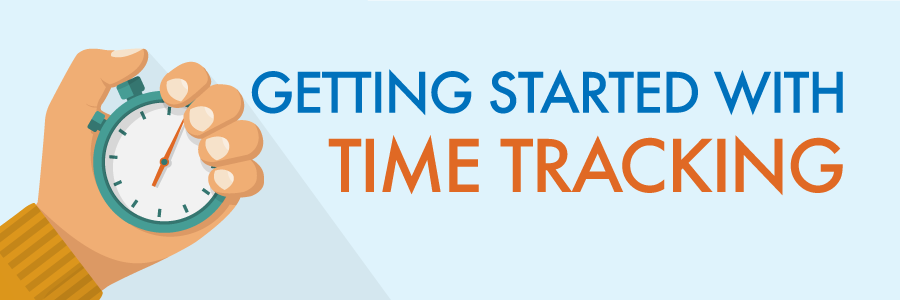
Power Digital | July 18, 2017

Power Digital | July 18, 2017

Power Digital | July 18, 2017

Power Digital | July 17, 2017

Power Digital | July 14, 2017

Power Digital | July 14, 2017

Power Digital | July 14, 2017

Power Digital | July 13, 2017

Power Digital | July 13, 2017

Power Digital | July 12, 2017

Power Digital | July 12, 2017

Power Digital | July 11, 2017

Power Digital | July 11, 2017

Power Digital | July 10, 2017

Power Digital | July 10, 2017

Power Digital | July 7, 2017

Power Digital | July 7, 2017

Power Digital | July 6, 2017

Power Digital | July 5, 2017

Power Digital | July 5, 2017

Power Digital | July 3, 2017

Power Digital | June 30, 2017

Power Digital | June 30, 2017

Power Digital | June 30, 2017

Power Digital | June 30, 2017

Power Digital | June 29, 2017

Power Digital | June 29, 2017

Power Digital | June 29, 2017

Power Digital | June 28, 2017

Power Digital | June 28, 2017

Power Digital | June 27, 2017

Power Digital | June 26, 2017

Power Digital | June 26, 2017

Power Digital | June 26, 2017

Power Digital | June 23, 2017

Power Digital | June 23, 2017

Power Digital | June 22, 2017

Power Digital | June 22, 2017

Power Digital | June 22, 2017

Power Digital | June 21, 2017

Power Digital | June 20, 2017

Power Digital | June 19, 2017

Power Digital | June 16, 2017

Power Digital | June 15, 2017

Power Digital | June 14, 2017

Power Digital | June 14, 2017

Power Digital | June 13, 2017

Power Digital | June 12, 2017

Power Digital | June 9, 2017

Power Digital | June 9, 2017

Power Digital | June 8, 2017

Power Digital | June 7, 2017

Power Digital | June 6, 2017

Power Digital | June 5, 2017

Power Digital | June 4, 2017

Power Digital | June 2, 2017

Power Digital | June 1, 2017

Power Digital | June 1, 2017

Power Digital | May 23, 2017

Power Digital | May 23, 2017

Power Digital | May 22, 2017

Power Digital | May 20, 2017

Power Digital | May 15, 2017

Power Digital | May 15, 2017

Power Digital | May 15, 2017

Power Digital | May 12, 2017

Power Digital | May 12, 2017

Power Digital | May 11, 2017

Power Digital | May 9, 2017

Power Digital | May 9, 2017

Power Digital | May 8, 2017

Power Digital | May 4, 2017

Power Digital | May 3, 2017

Power Digital | May 1, 2017

Power Digital | April 27, 2017

Power Digital | April 26, 2017

Power Digital | April 26, 2017

Power Digital | April 21, 2017

Power Digital | April 20, 2017

Power Digital | April 19, 2017

Power Digital | April 19, 2017

Power Digital | April 19, 2017

Power Digital | April 19, 2017

Power Digital | April 19, 2017

Power Digital | April 18, 2017

Power Digital | April 14, 2017
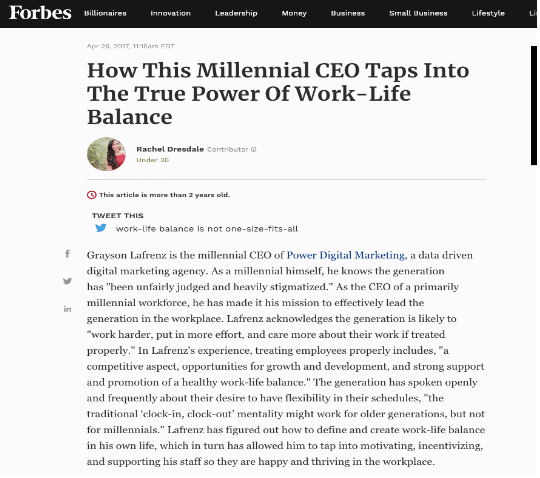
Power Digital | April 14, 2017

Power Digital | April 12, 2017

Power Digital | April 7, 2017

Power Digital | April 6, 2017

Power Digital | April 5, 2017

Power Digital | April 4, 2017

Power Digital | April 3, 2017

Power Digital | March 31, 2017

Power Digital | March 31, 2017

Power Digital | March 30, 2017

Power Digital | March 30, 2017

Power Digital | March 29, 2017

Power Digital | March 29, 2017

Power Digital | March 29, 2017

Power Digital | March 29, 2017

Power Digital | March 29, 2017

Power Digital | March 28, 2017

Power Digital | March 27, 2017

Power Digital | March 24, 2017

Power Digital | March 23, 2017

Power Digital | March 22, 2017

Power Digital | March 17, 2017

Power Digital | March 16, 2017

Power Digital | March 16, 2017

Power Digital | March 16, 2017

Power Digital | March 15, 2017

Power Digital | March 15, 2017
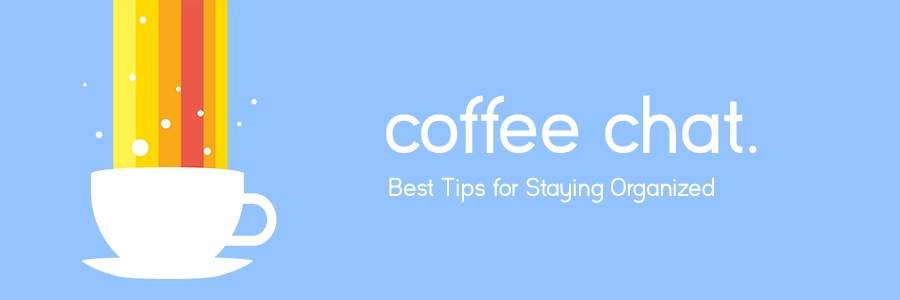
Power Digital | March 14, 2017

Power Digital | March 14, 2017

Power Digital | March 9, 2017

Power Digital | March 9, 2017

Power Digital | March 8, 2017

Power Digital | March 8, 2017

Power Digital | March 7, 2017

Power Digital | March 7, 2017

Power Digital | March 6, 2017

Power Digital | March 6, 2017

Power Digital | March 3, 2017

Power Digital | March 2, 2017

Power Digital | March 1, 2017

Power Digital | February 28, 2017

Power Digital | February 28, 2017

Power Digital | February 24, 2017

Power Digital | February 23, 2017

Power Digital | February 22, 2017

Power Digital | February 17, 2017

Power Digital | February 15, 2017

Power Digital | February 15, 2017

Power Digital | February 14, 2017

Power Digital | February 9, 2017

Power Digital | February 9, 2017

Power Digital | February 7, 2017

Power Digital | February 6, 2017

Power Digital | February 3, 2017
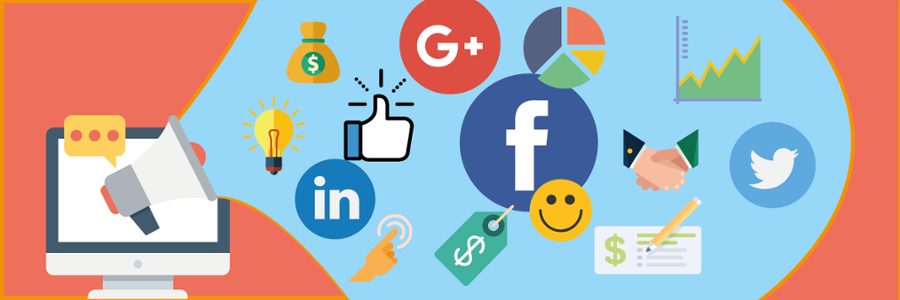
Power Digital | February 2, 2017

Power Digital | January 31, 2017

Power Digital | January 30, 2017

Power Digital | January 30, 2017

Power Digital | January 27, 2017

Power Digital | January 27, 2017

Power Digital | January 26, 2017

Power Digital | January 25, 2017

Power Digital | January 24, 2017

Power Digital | January 20, 2017

Power Digital | January 16, 2017

Power Digital | January 13, 2017

Power Digital | January 6, 2017

Power Digital | January 3, 2017

Power Digital | December 22, 2016

Power Digital | December 20, 2016

Power Digital | December 19, 2016

Power Digital | December 19, 2016

Power Digital | December 15, 2016

Power Digital | December 14, 2016

Power Digital | December 14, 2016

Power Digital | December 13, 2016

Power Digital | December 12, 2016

Power Digital | December 12, 2016

Power Digital | December 8, 2016

Power Digital | December 5, 2016

Power Digital | December 5, 2016

Power Digital | November 29, 2016

Power Digital | November 28, 2016

Power Digital | November 28, 2016

Power Digital | November 21, 2016

Power Digital | November 17, 2016

Power Digital | November 17, 2016

Power Digital | November 16, 2016

Power Digital | November 15, 2016

Power Digital | November 9, 2016

Power Digital | November 8, 2016

Power Digital | November 7, 2016

Power Digital | November 4, 2016

Power Digital | November 3, 2016

Power Digital | November 2, 2016

Power Digital | October 31, 2016

Power Digital | October 30, 2016

Power Digital | October 27, 2016

Power Digital | October 25, 2016

Power Digital | October 25, 2016

Power Digital | October 24, 2016

Power Digital | October 21, 2016

Power Digital | October 21, 2016

Power Digital | October 20, 2016

Power Digital | October 18, 2016

Power Digital | October 17, 2016

Power Digital | October 14, 2016

Power Digital | October 13, 2016

Power Digital | October 10, 2016

Power Digital | October 9, 2016

Power Digital | October 7, 2016

Power Digital | October 6, 2016

Power Digital | October 5, 2016

Power Digital | October 5, 2016

Power Digital | October 4, 2016

Power Digital | October 3, 2016

Power Digital | September 28, 2016

Power Digital | September 27, 2016

Power Digital | September 26, 2016

Power Digital | September 23, 2016

Power Digital | September 22, 2016

Power Digital | September 21, 2016

Power Digital | September 19, 2016

Power Digital | September 15, 2016

Power Digital | September 13, 2016

Power Digital | September 12, 2016

Power Digital | September 9, 2016

Power Digital | September 7, 2016

Power Digital | September 6, 2016

Power Digital | September 2, 2016
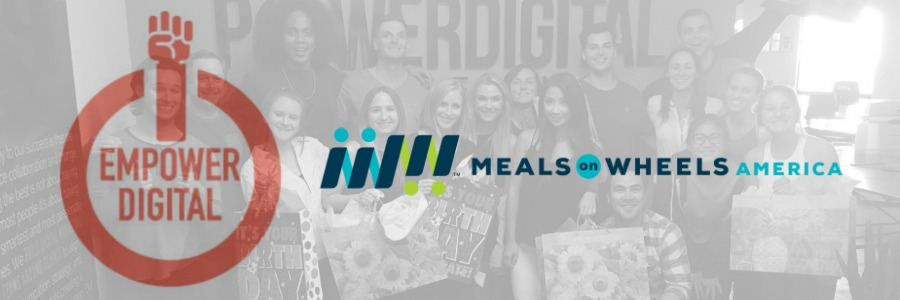
Power Digital | September 2, 2016

Power Digital | September 1, 2016

Power Digital | August 31, 2016

Power Digital | August 30, 2016

Power Digital | August 29, 2016

Power Digital | August 24, 2016

Power Digital | August 23, 2016

Power Digital | August 20, 2016

Power Digital | August 18, 2016

Power Digital | August 16, 2016

Power Digital | August 12, 2016

Power Digital | August 11, 2016

Power Digital | August 10, 2016

Power Digital | August 9, 2016

Power Digital | August 4, 2016

Power Digital | August 2, 2016

Power Digital | August 1, 2016

Power Digital | July 28, 2016

Power Digital | July 28, 2016

Power Digital | July 27, 2016

Power Digital | July 25, 2016

Power Digital | July 20, 2016

Power Digital | July 18, 2016

Power Digital | July 14, 2016

Power Digital | July 12, 2016

Power Digital | July 7, 2016
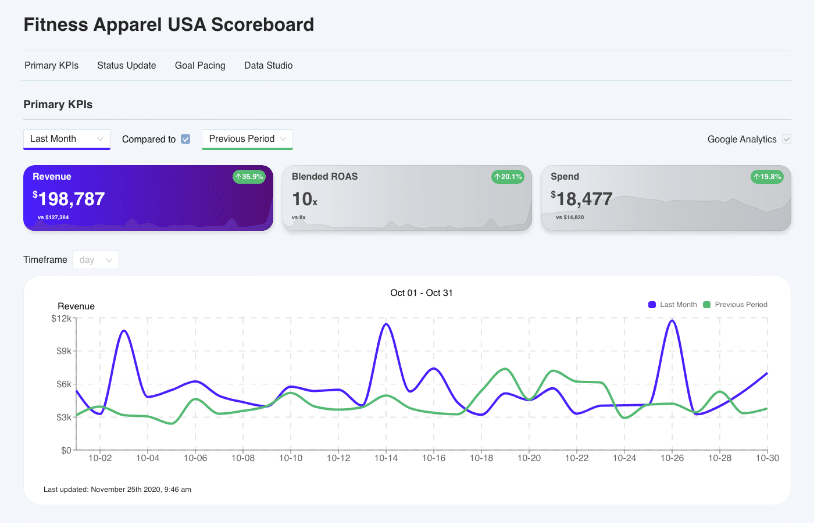
Power Digital | July 6, 2016

Power Digital | July 1, 2016
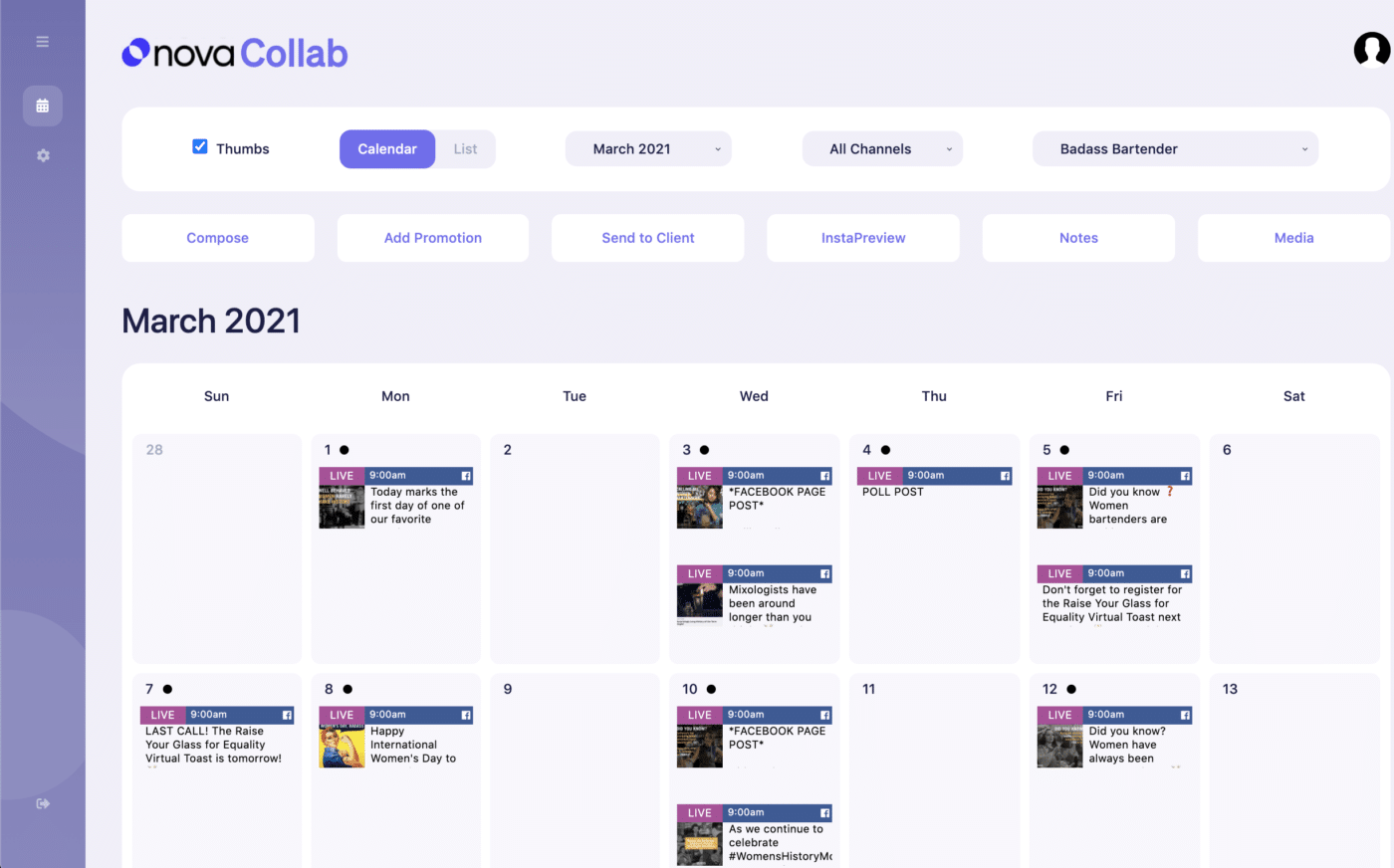
Power Digital | June 29, 2016

Power Digital | June 28, 2016

Power Digital | June 28, 2016

Power Digital | June 27, 2016
Power Digital | June 23, 2016

Power Digital | June 21, 2016

Power Digital | June 20, 2016

Power Digital | June 16, 2016
Power Digital | June 14, 2016
Power Digital | June 10, 2016

Power Digital | June 8, 2016

Power Digital | June 3, 2016

Power Digital | June 1, 2016

Power Digital | May 25, 2016

Power Digital | May 24, 2016

Power Digital | May 20, 2016
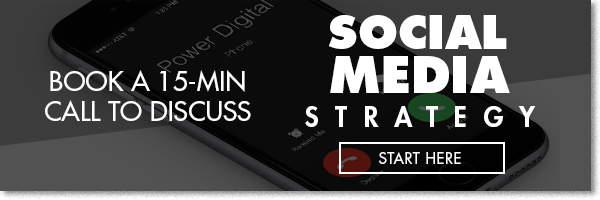
Power Digital | May 18, 2016

Power Digital | May 18, 2016

Power Digital | May 16, 2016

Power Digital | May 14, 2016
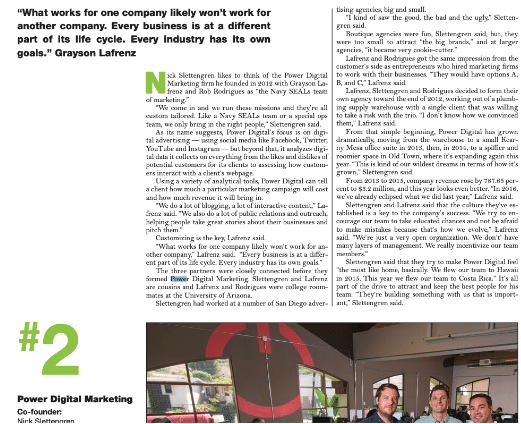
Power Digital | May 14, 2016

Power Digital | May 13, 2016

Power Digital | May 10, 2016

Power Digital | May 4, 2016

Power Digital | May 2, 2016

Power Digital | April 29, 2016

Power Digital | April 28, 2016

Power Digital | April 28, 2016

Power Digital | April 27, 2016

Power Digital | April 26, 2016

Power Digital | April 25, 2016

Power Digital | April 21, 2016

Power Digital | April 20, 2016

Power Digital | April 15, 2016

Power Digital | April 13, 2016

Power Digital | April 8, 2016

Power Digital | April 4, 2016

Power Digital | April 1, 2016

Power Digital | March 31, 2016

Power Digital | March 30, 2016

Power Digital | March 28, 2016

Power Digital | March 25, 2016

Power Digital | March 25, 2016

Power Digital | March 21, 2016

Power Digital | March 18, 2016

Power Digital | March 18, 2016

Power Digital | March 17, 2016

Power Digital | March 14, 2016

Power Digital | March 1, 2016

Power Digital | March 1, 2016

Power Digital | February 23, 2016

Power Digital | February 19, 2016

Power Digital | February 12, 2016

Power Digital | February 4, 2016

Power Digital | December 21, 2015

Power Digital | December 9, 2015

Power Digital | December 8, 2015

Power Digital | November 24, 2015

Power Digital | November 18, 2015

Power Digital | November 12, 2015

Power Digital | October 13, 2015

Power Digital | October 6, 2015

Power Digital | September 16, 2015

Power Digital | September 1, 2015

Power Digital | May 29, 2015

Power Digital | May 27, 2015

Power Digital | February 20, 2015

Power Digital | April 19, 2014

Power Digital | January 15, 2014

Power Digital | January 1, 1970

Power Digital | January 1, 1970

Power Digital | January 1, 1970

Power Digital | January 1, 1970
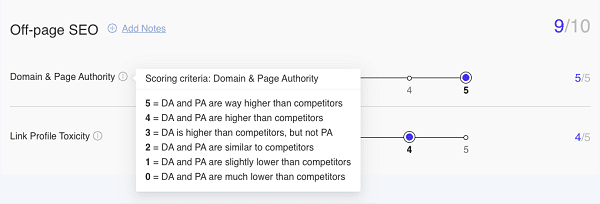
Power Digital | January 1, 1970

Power Digital | January 1, 1970

Power Digital | January 1, 1970
